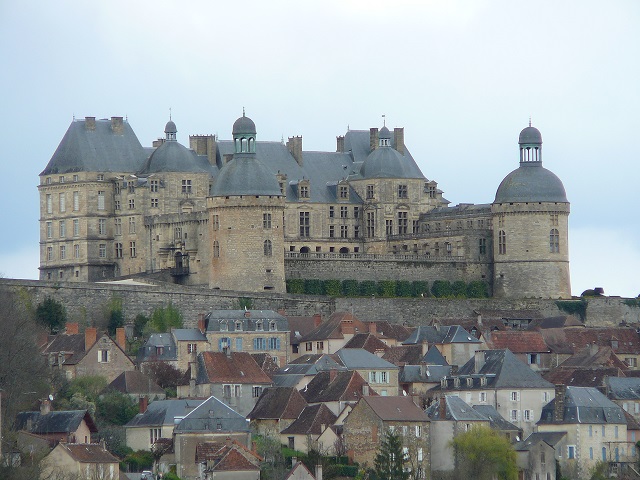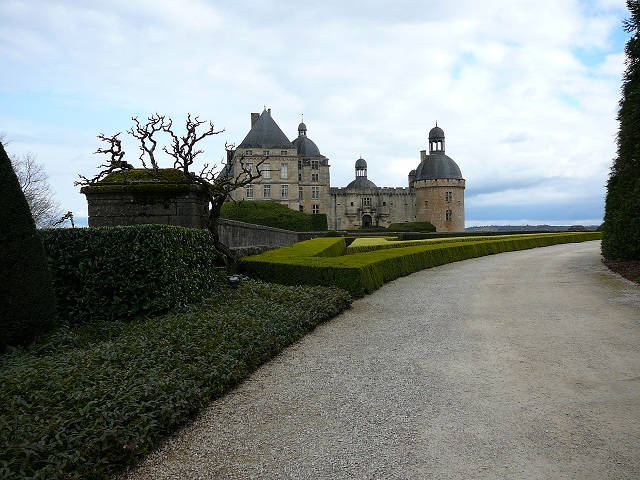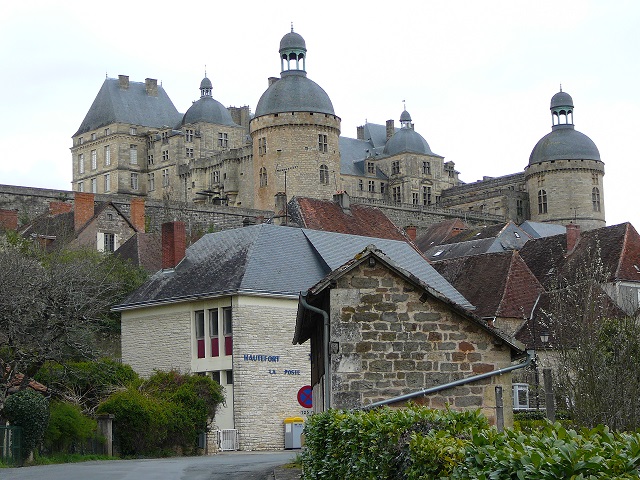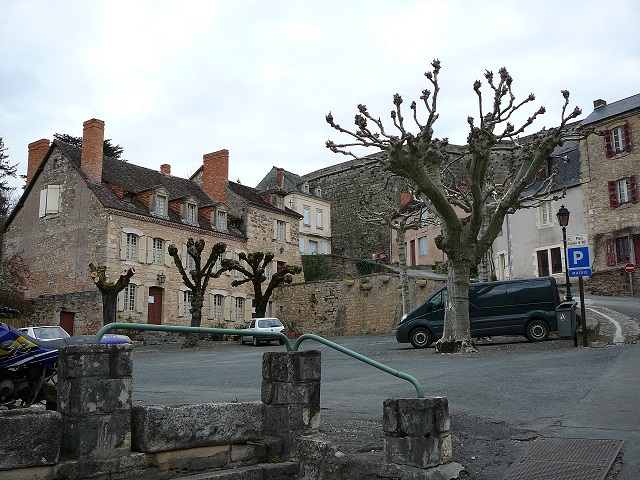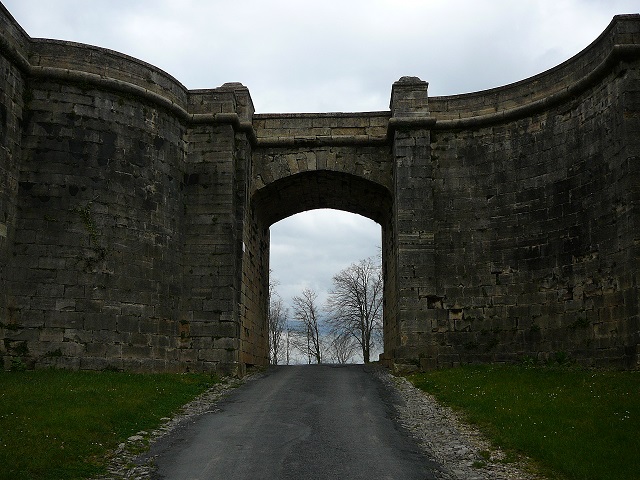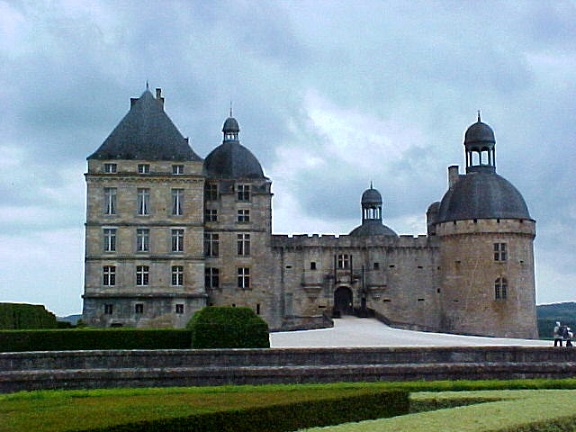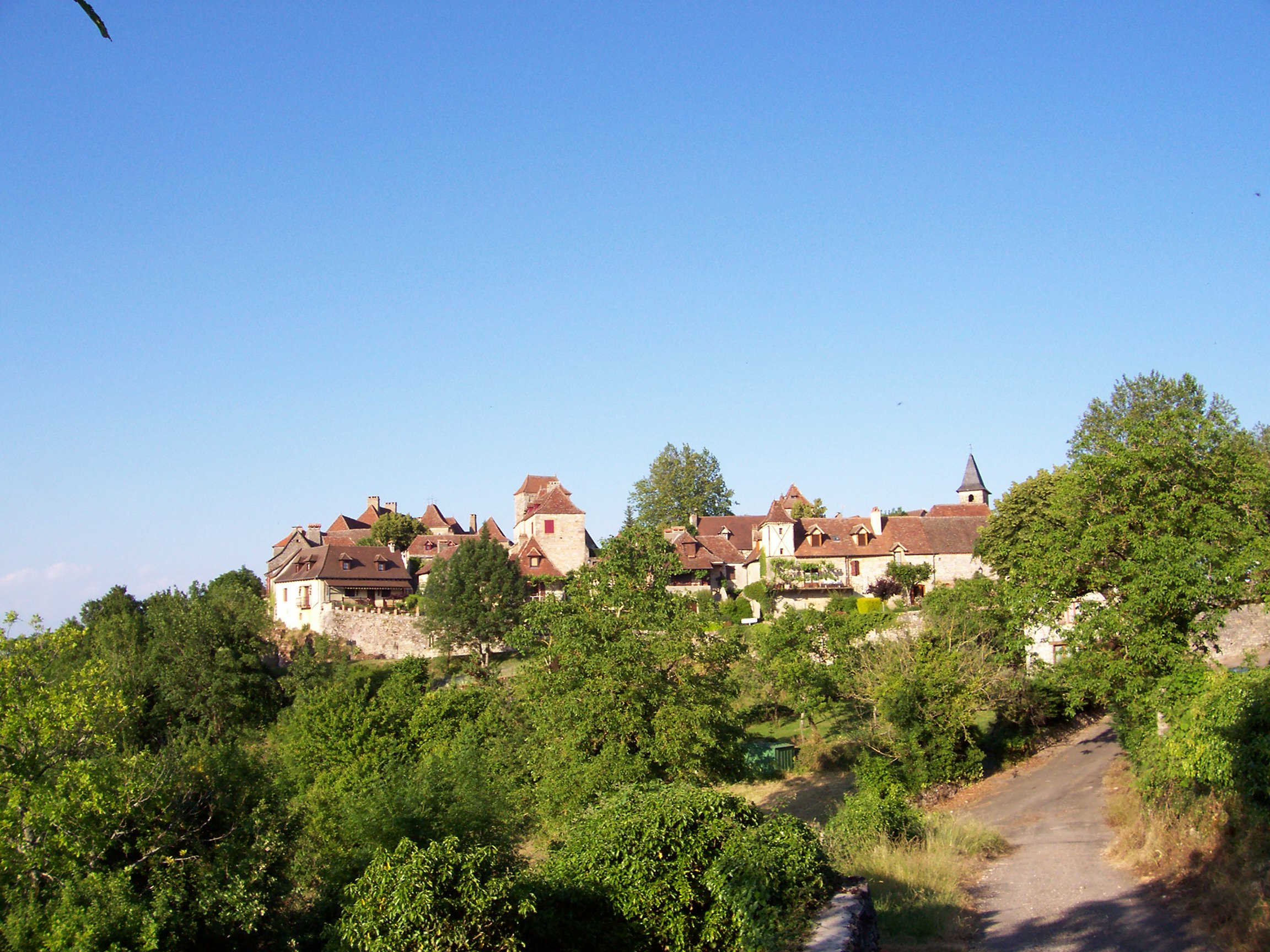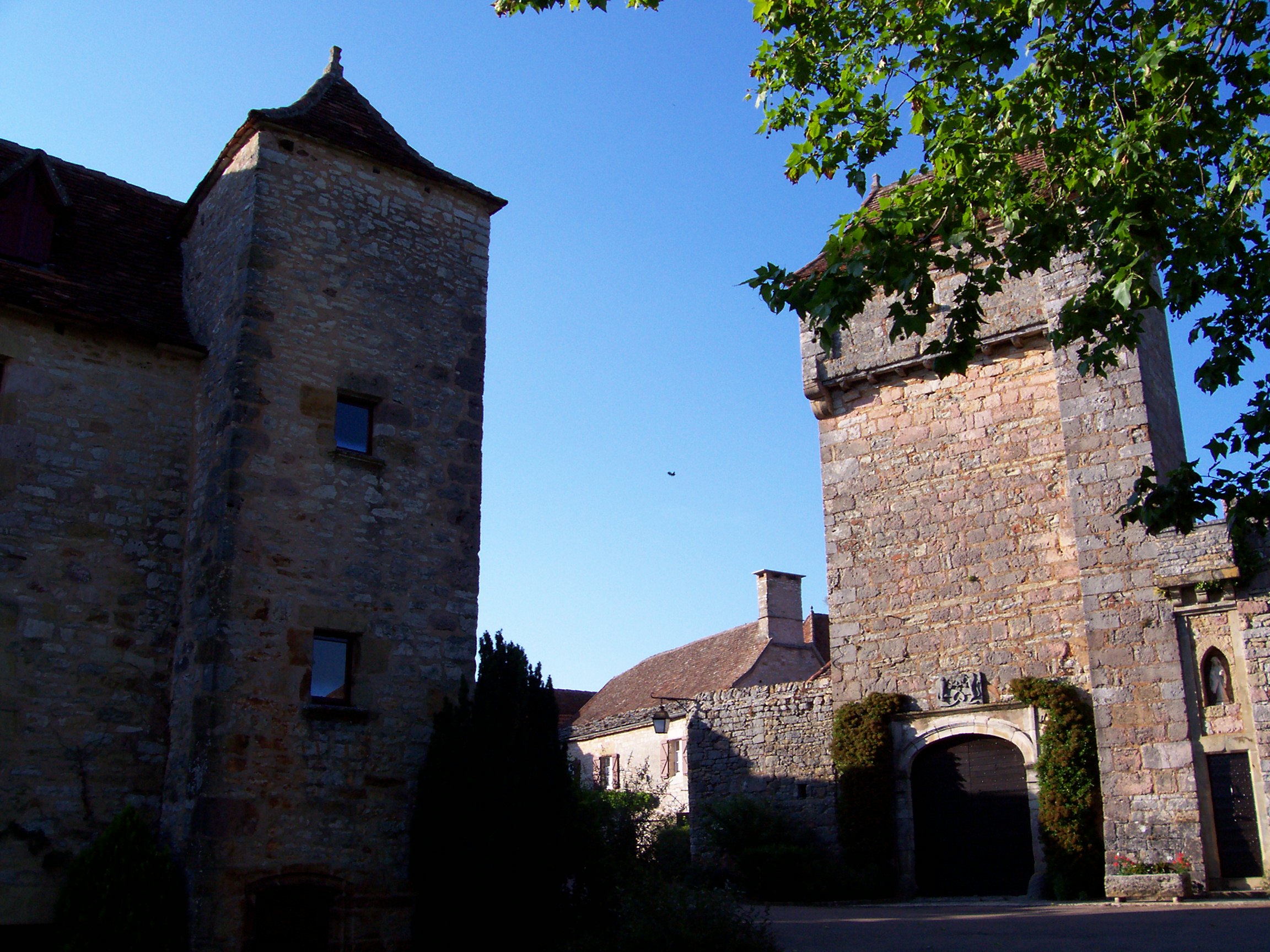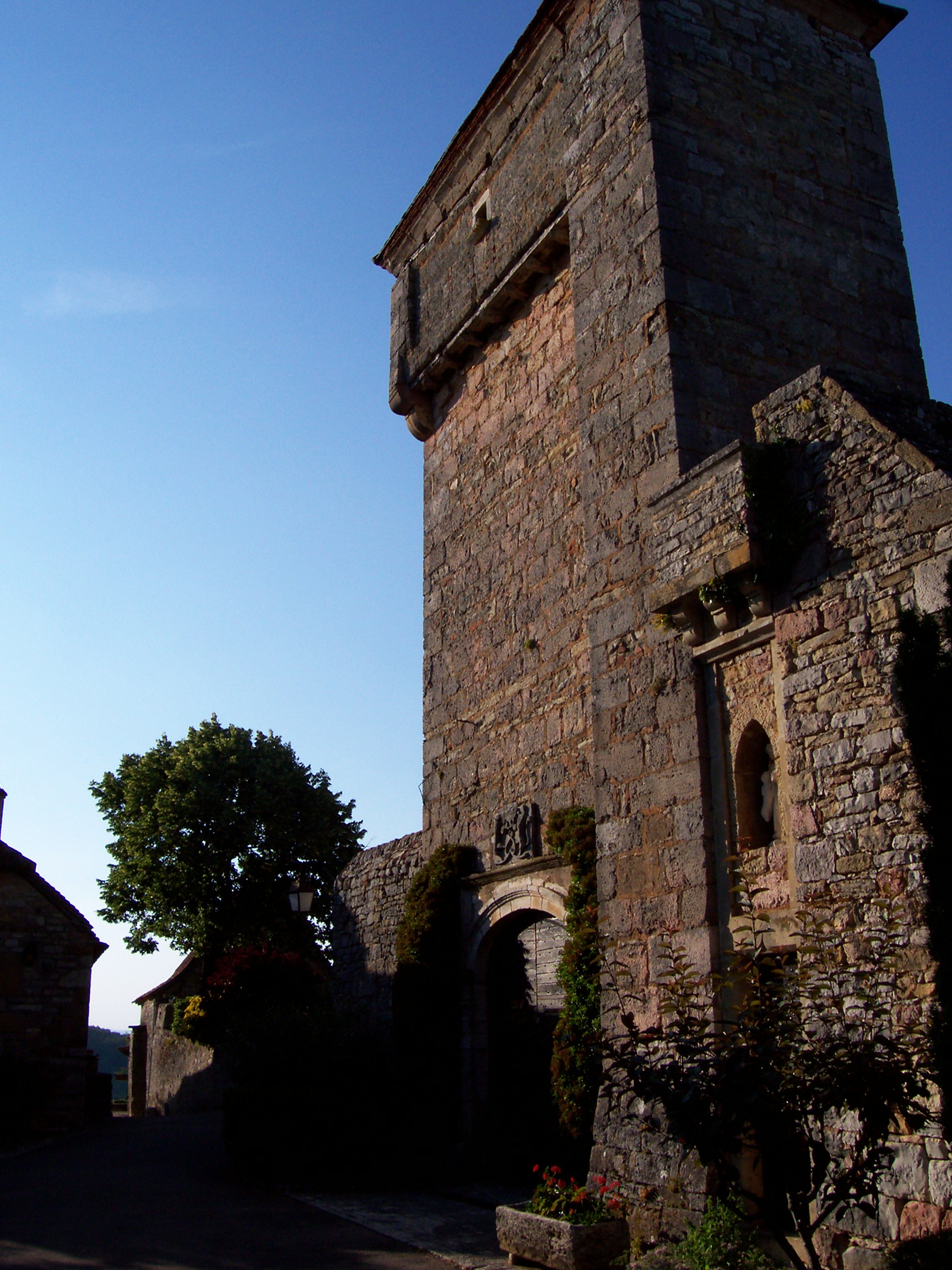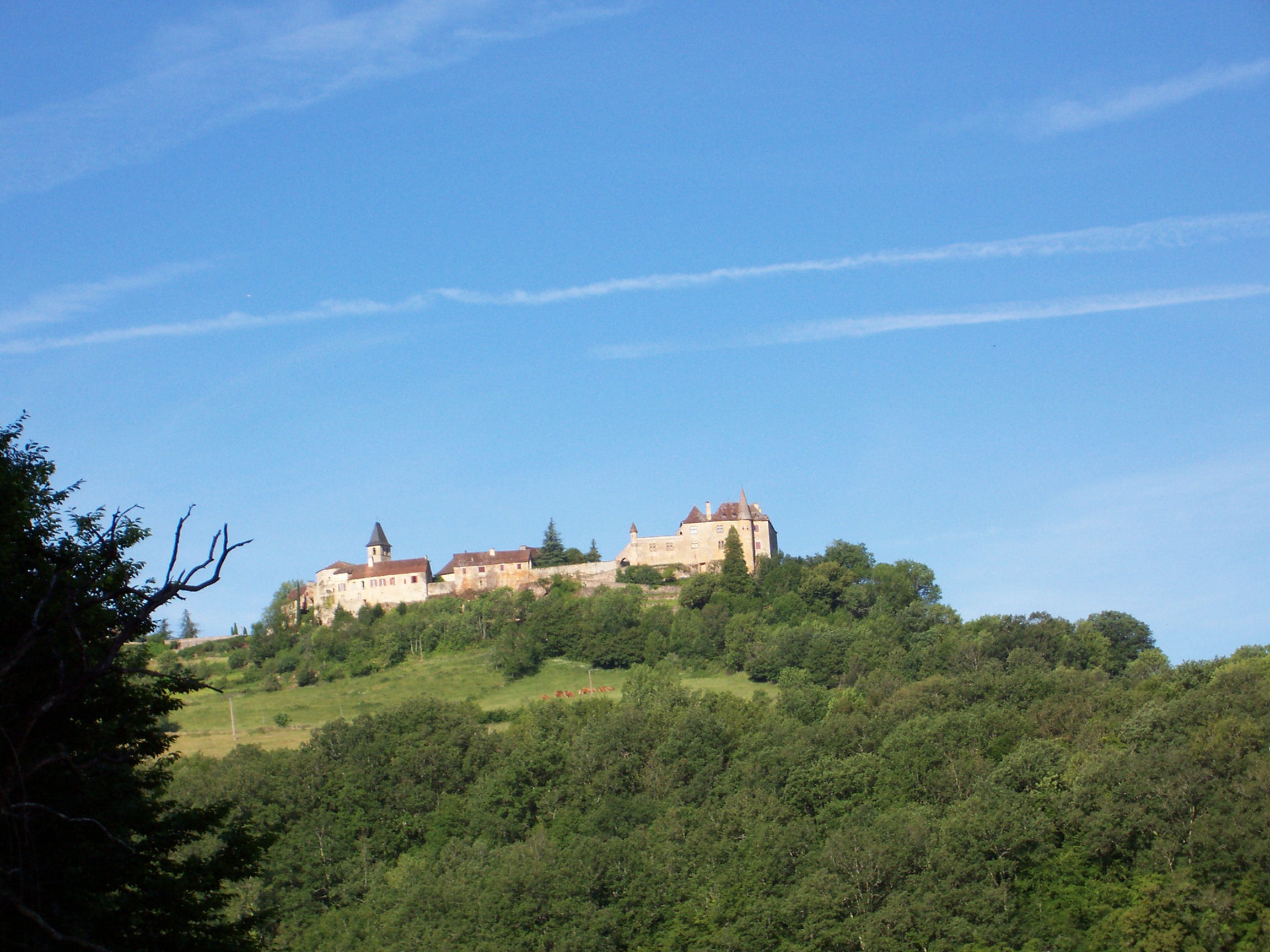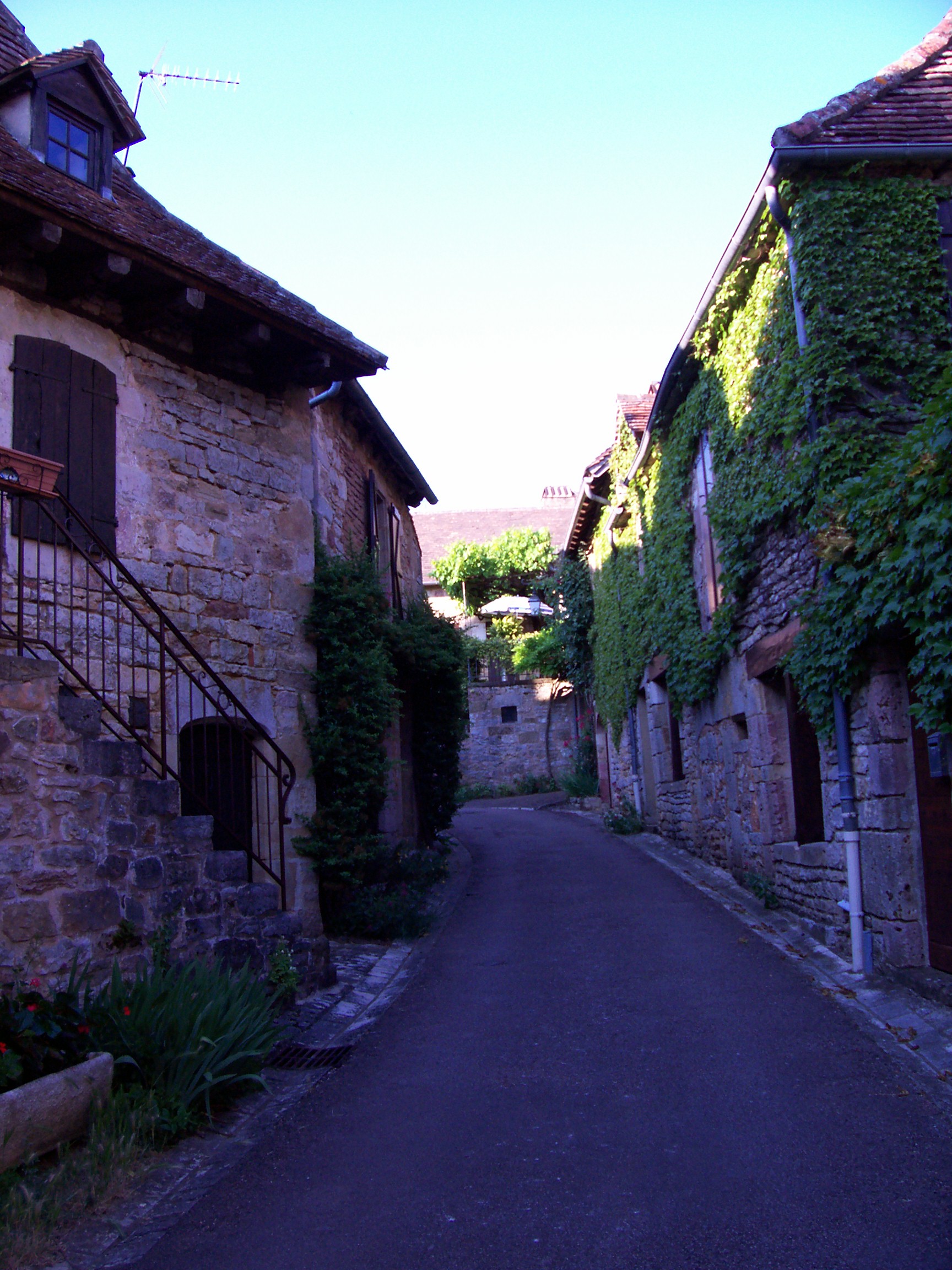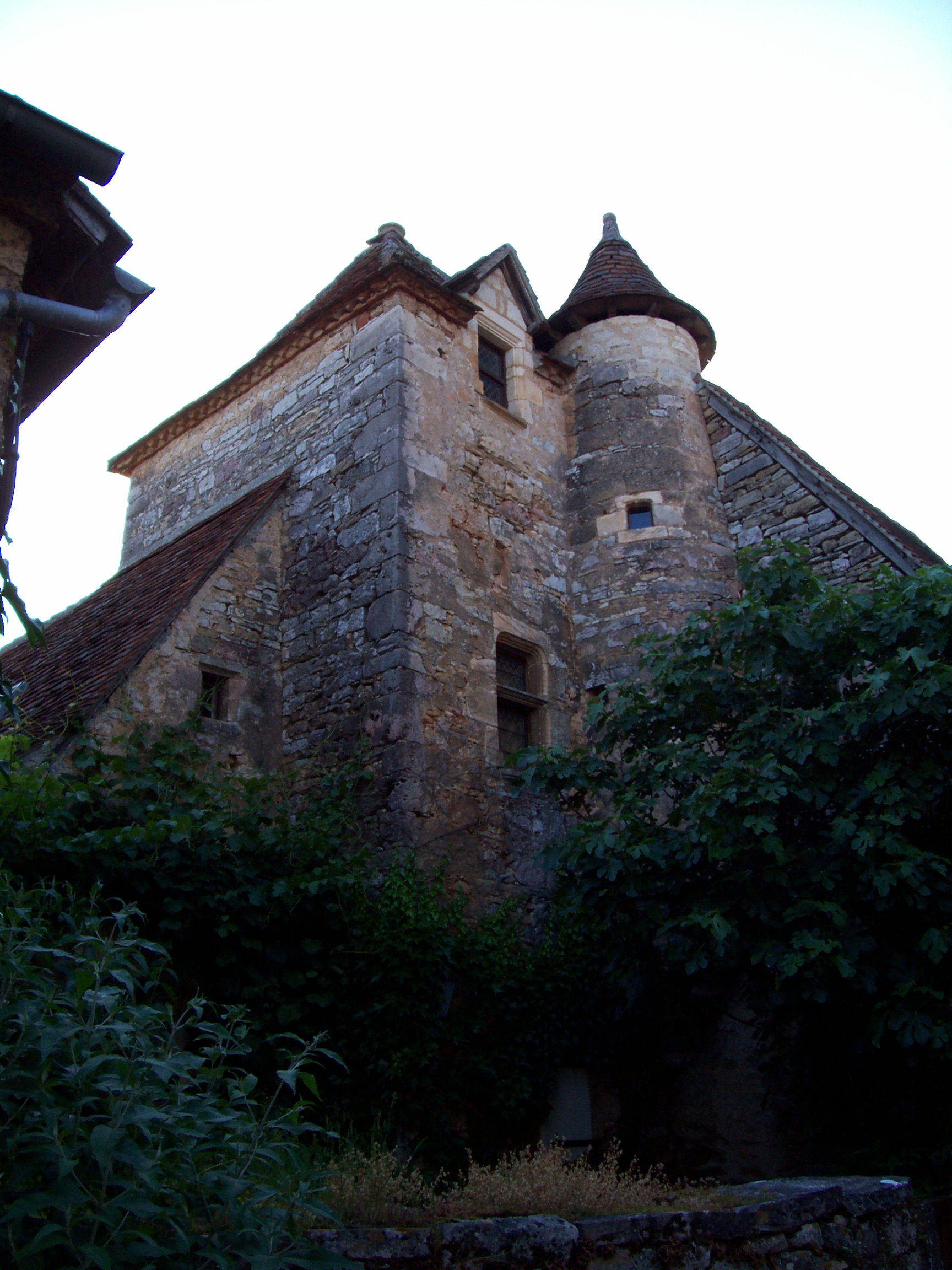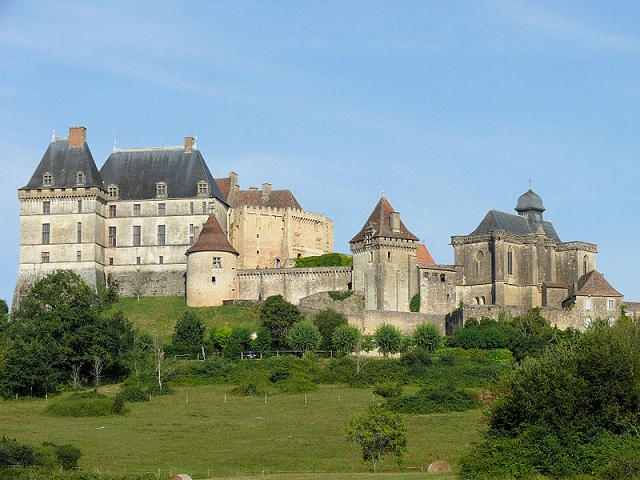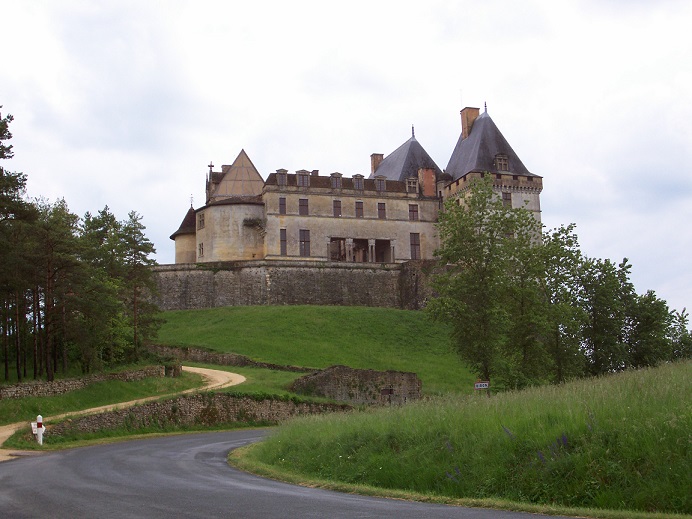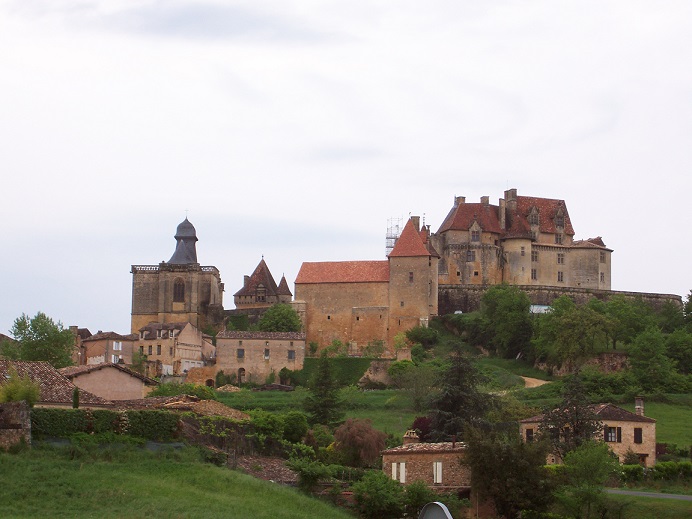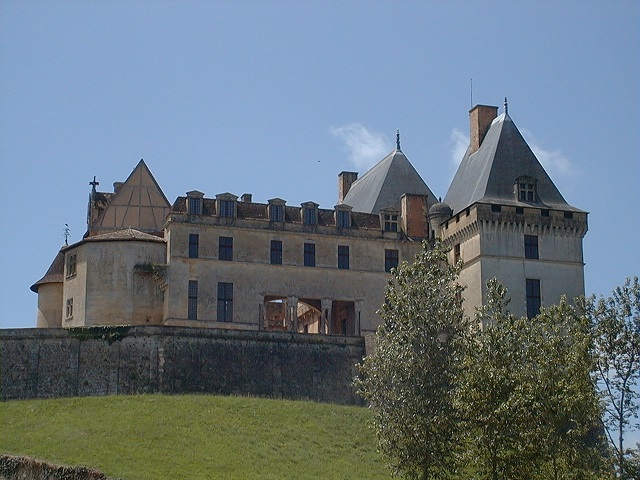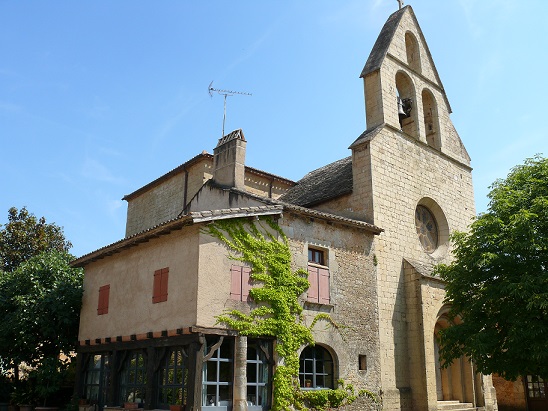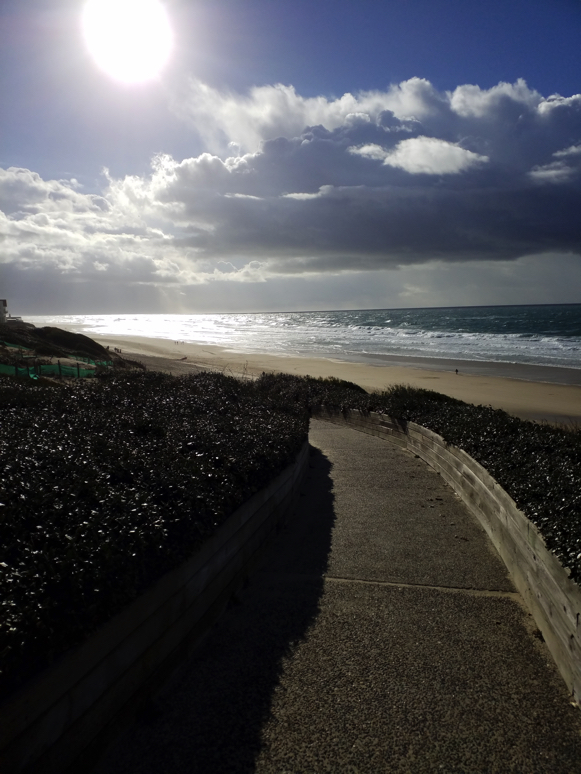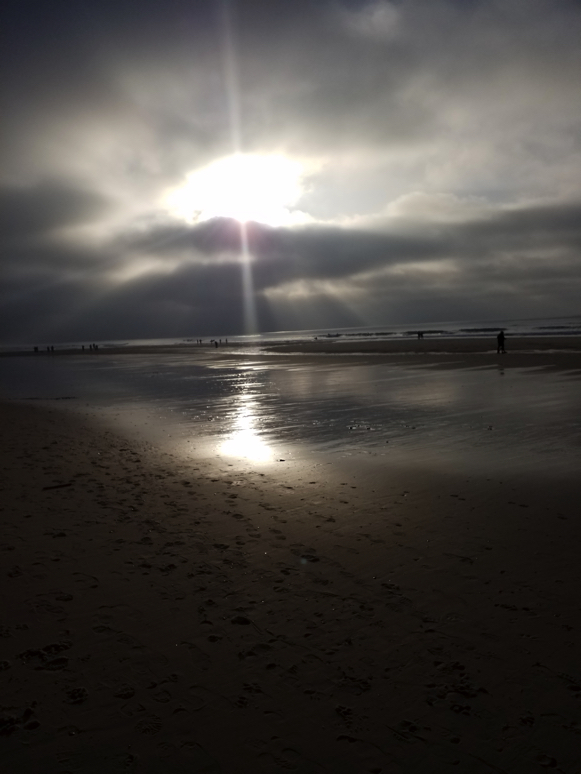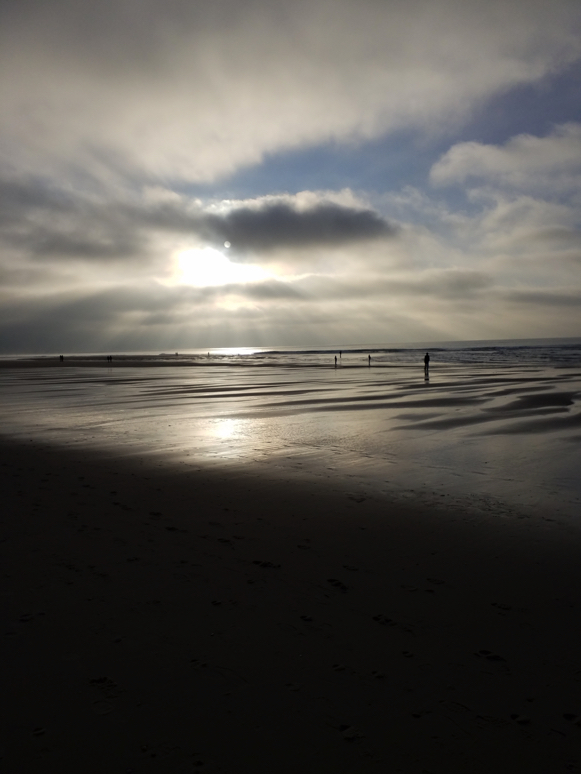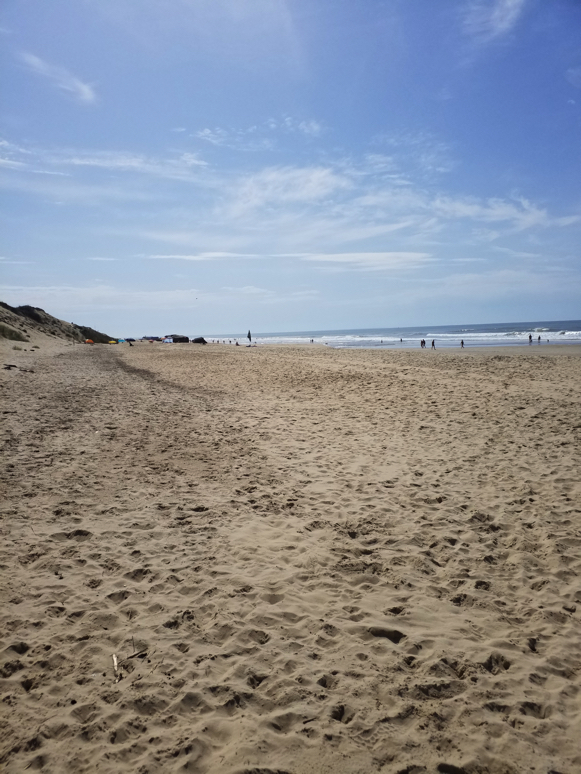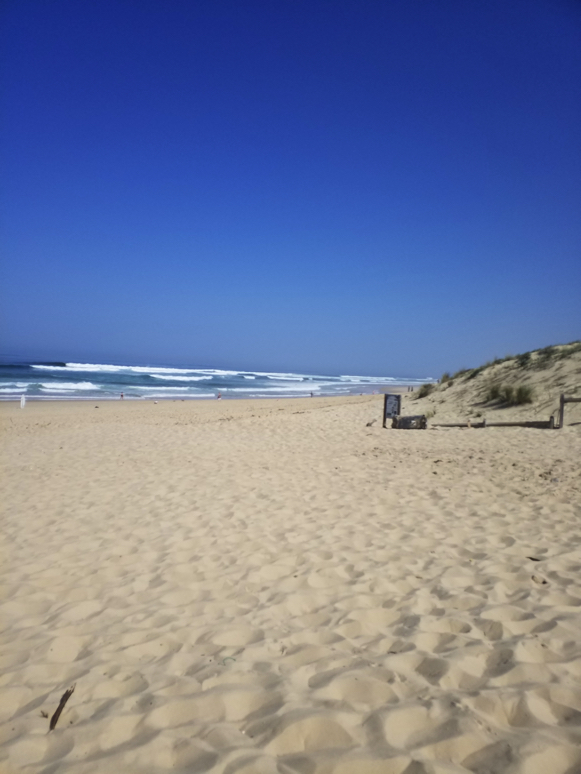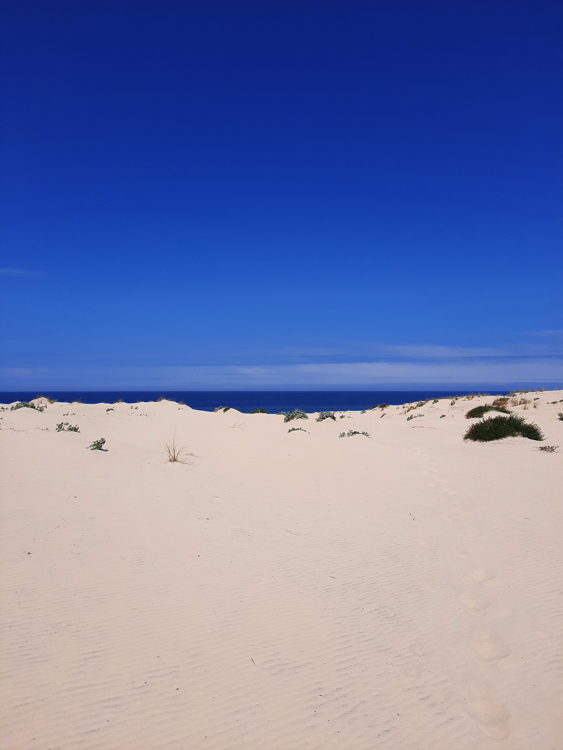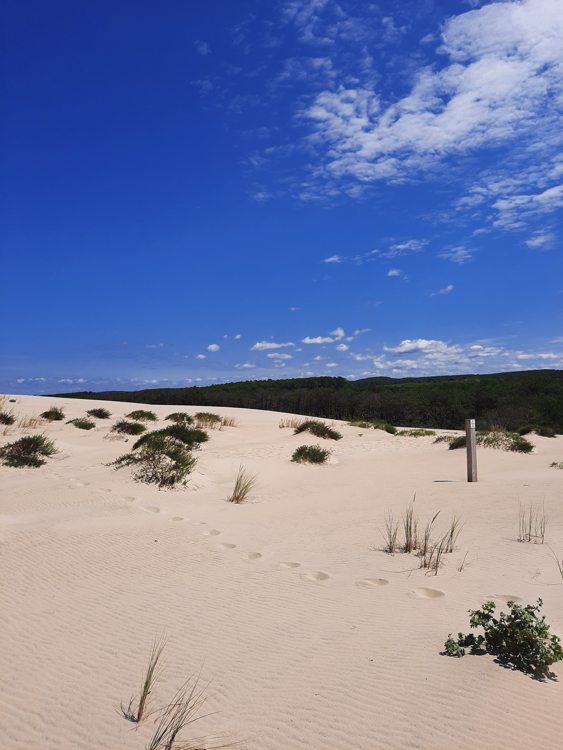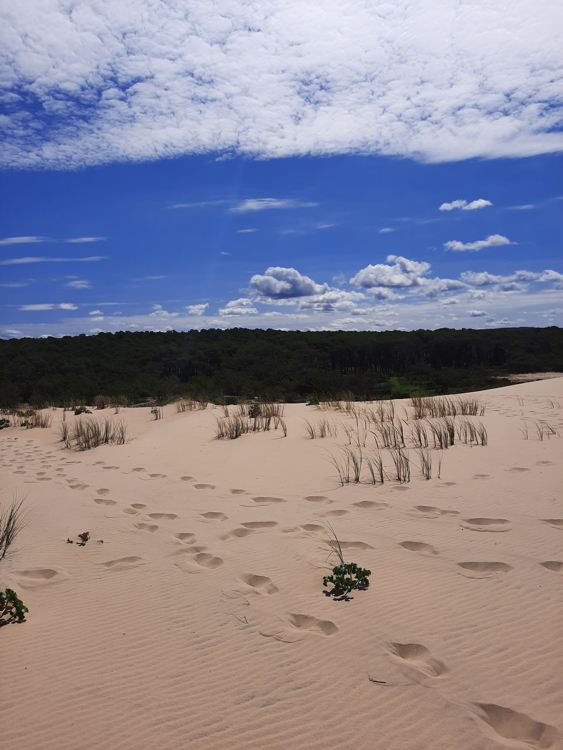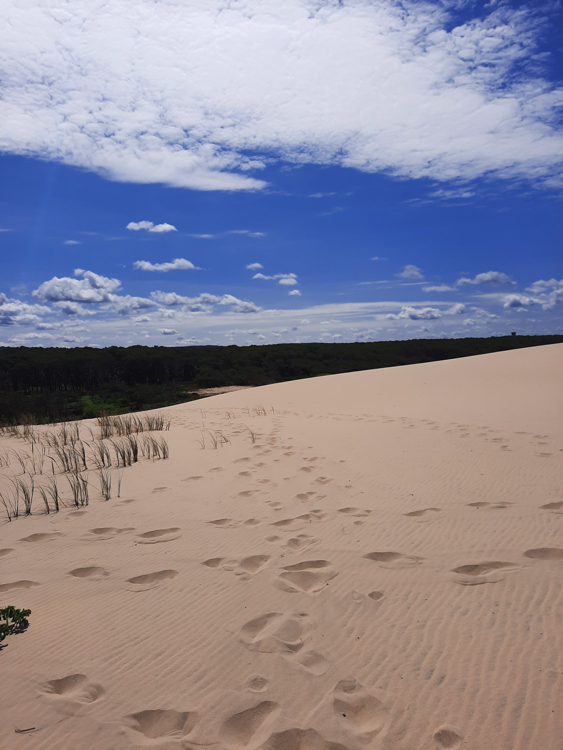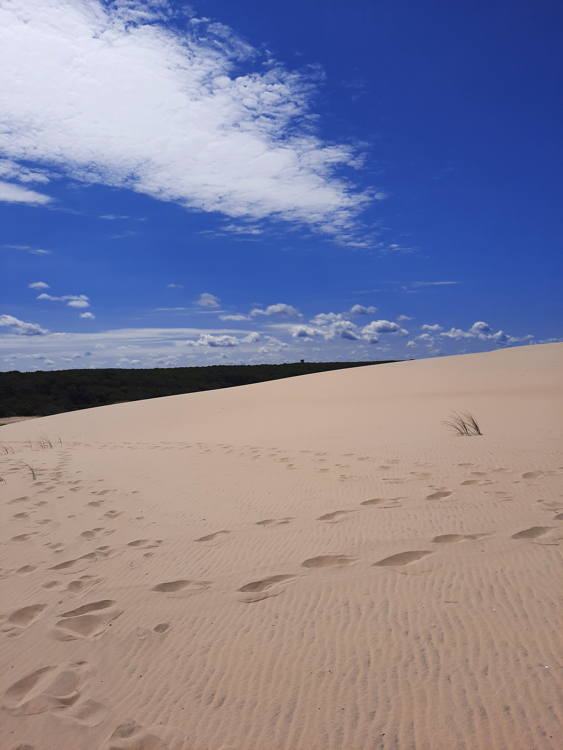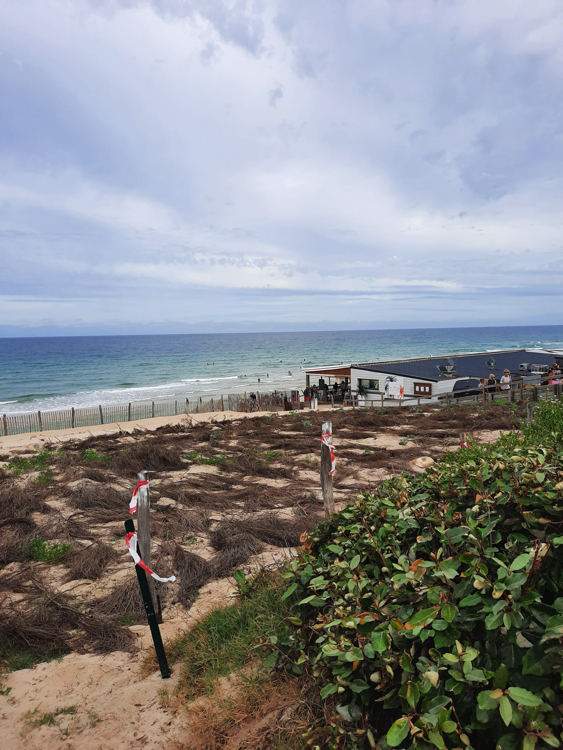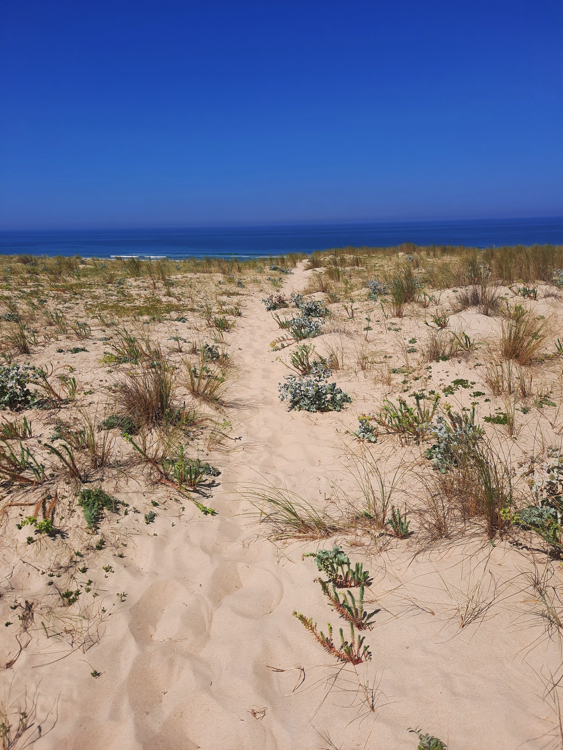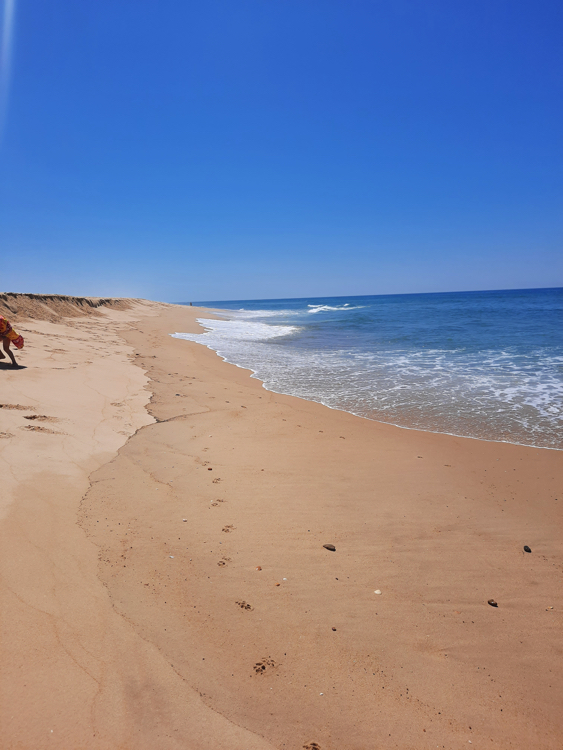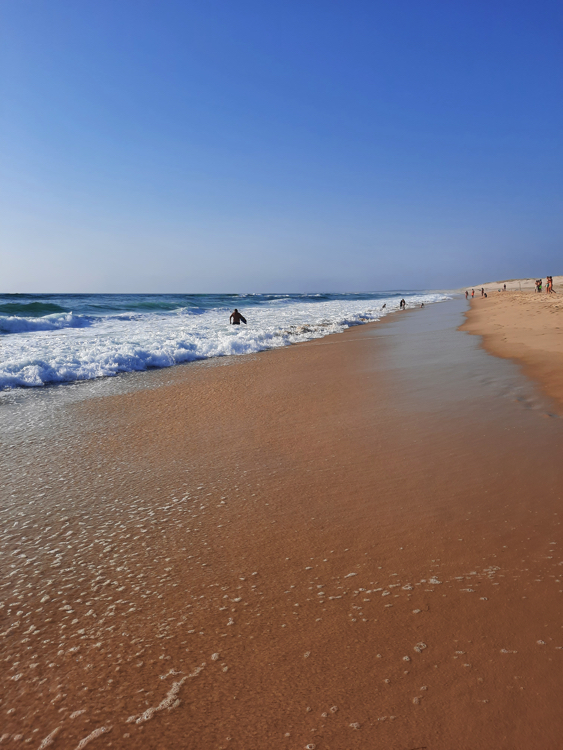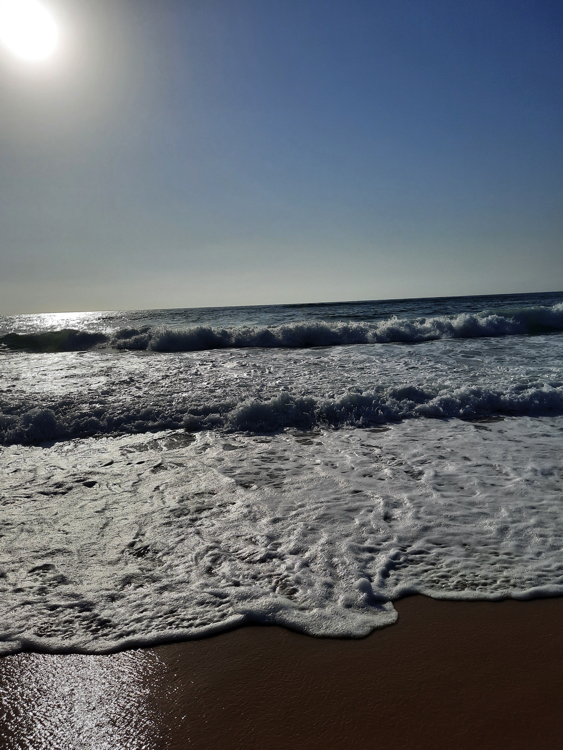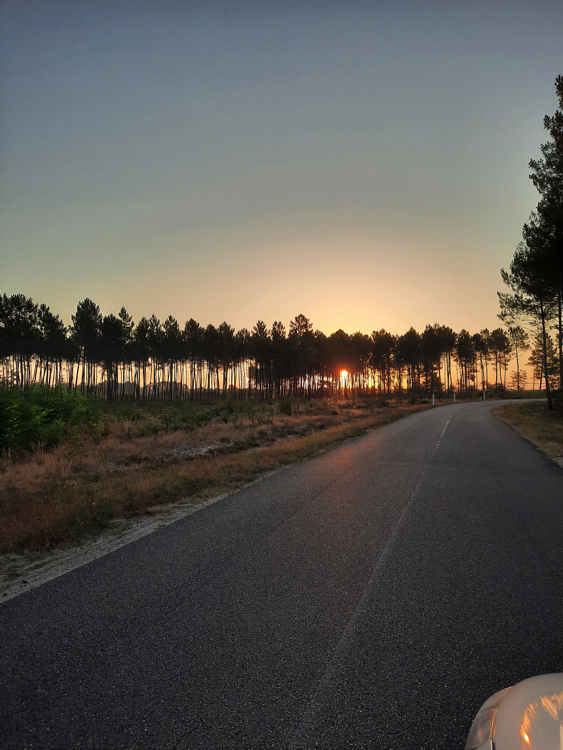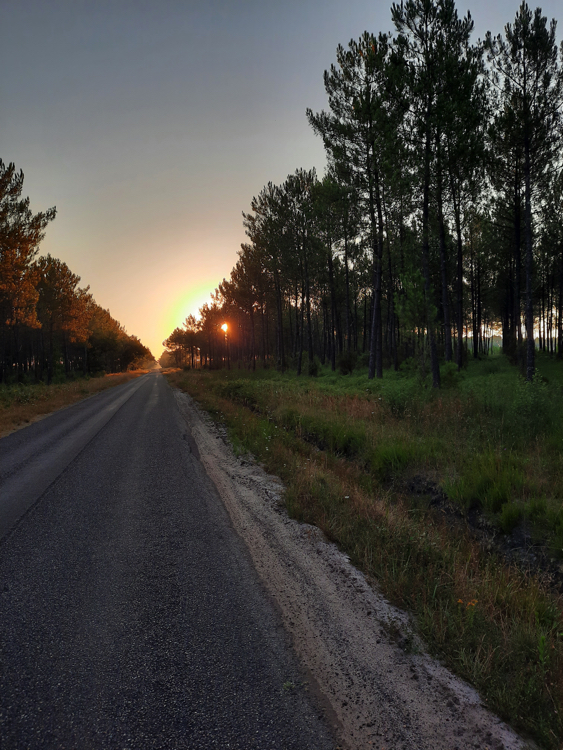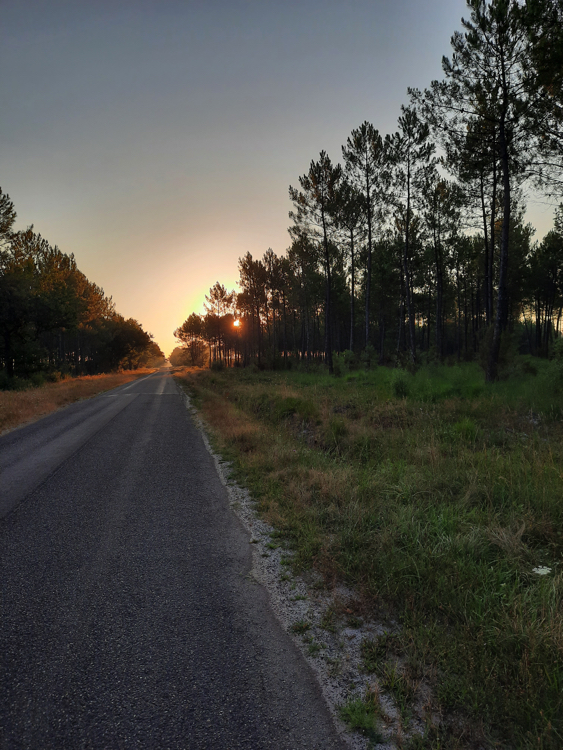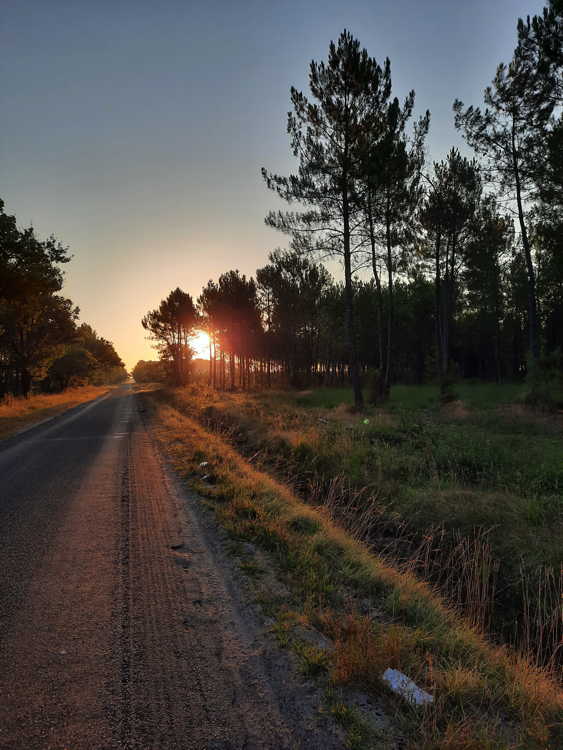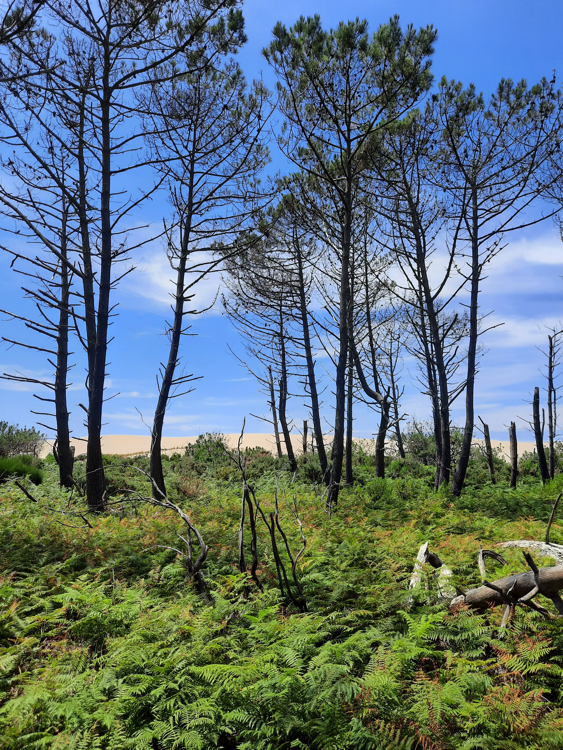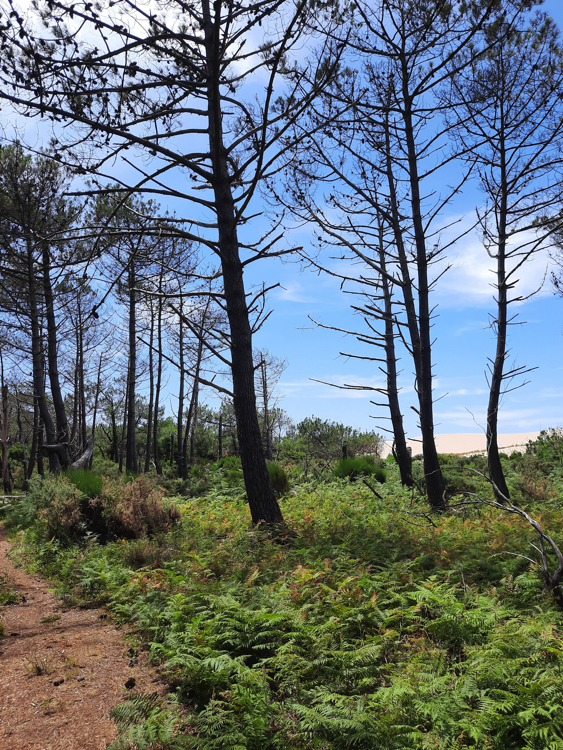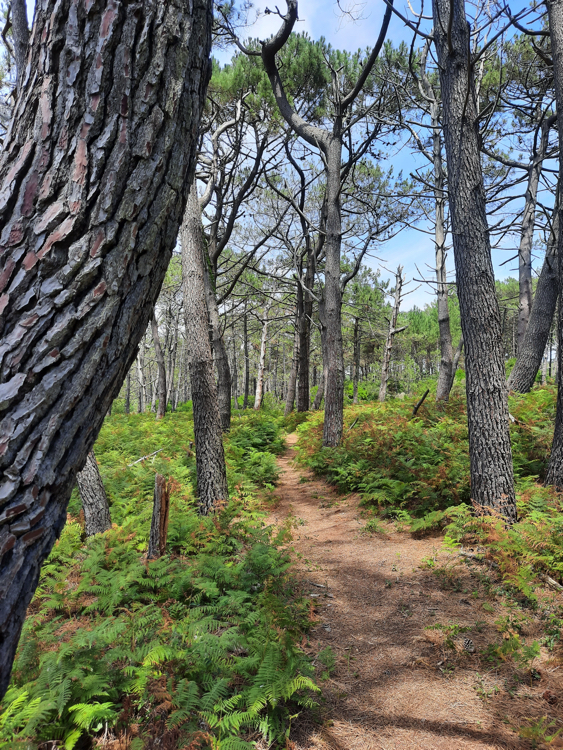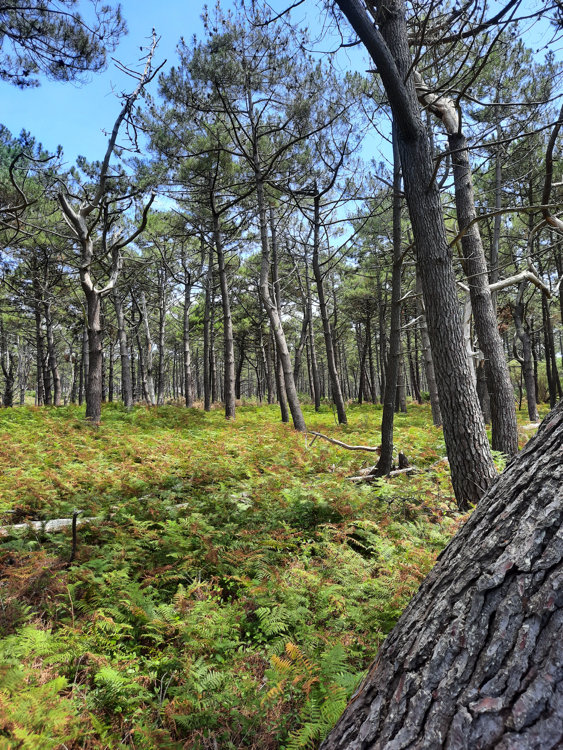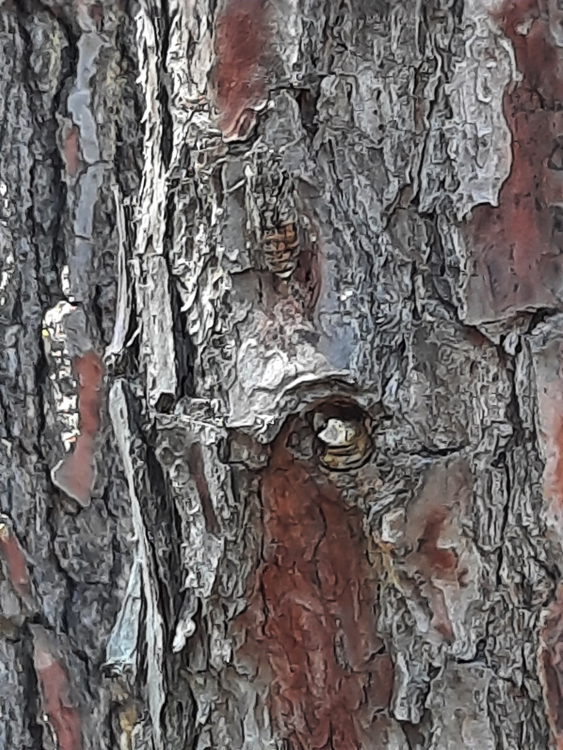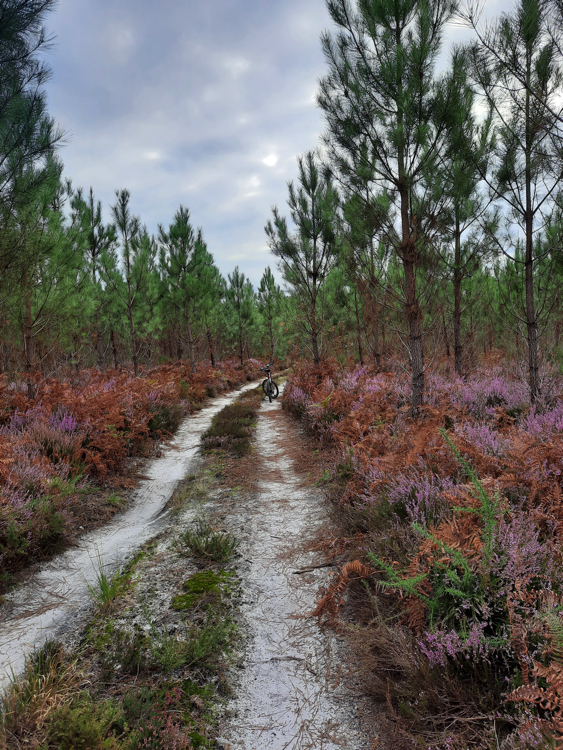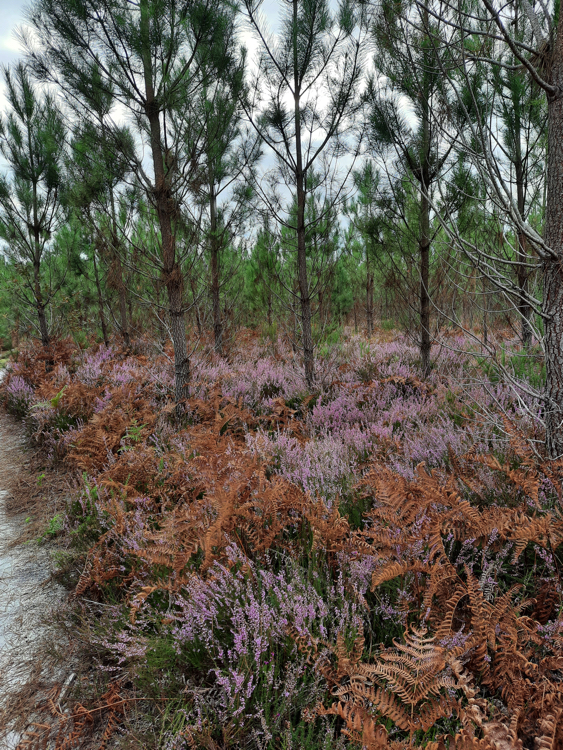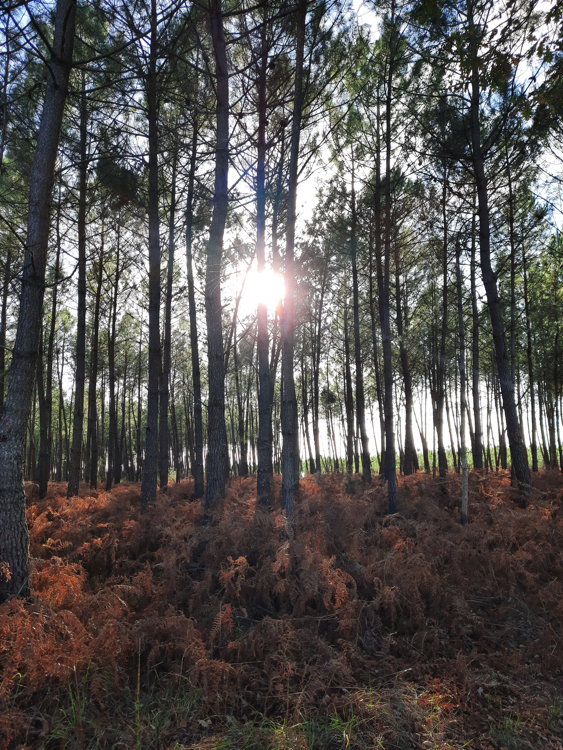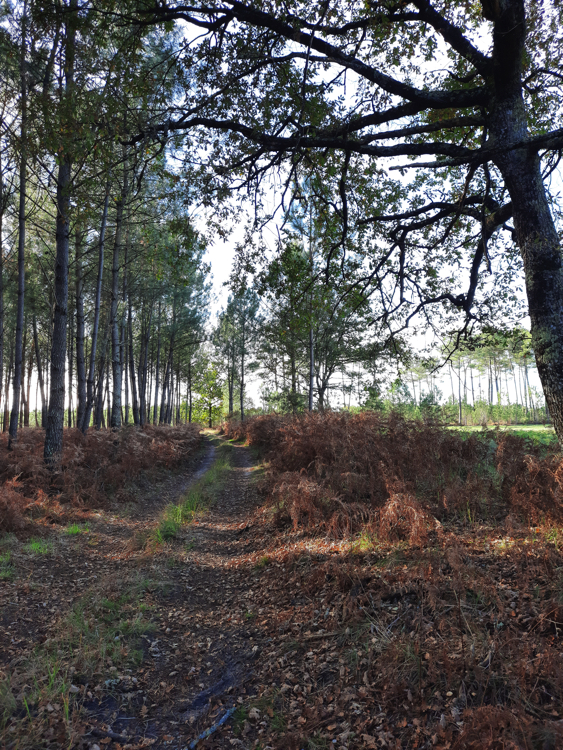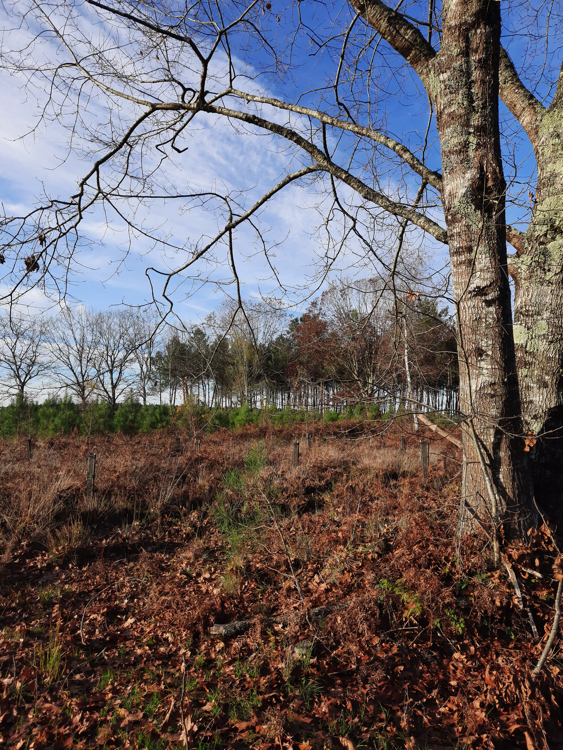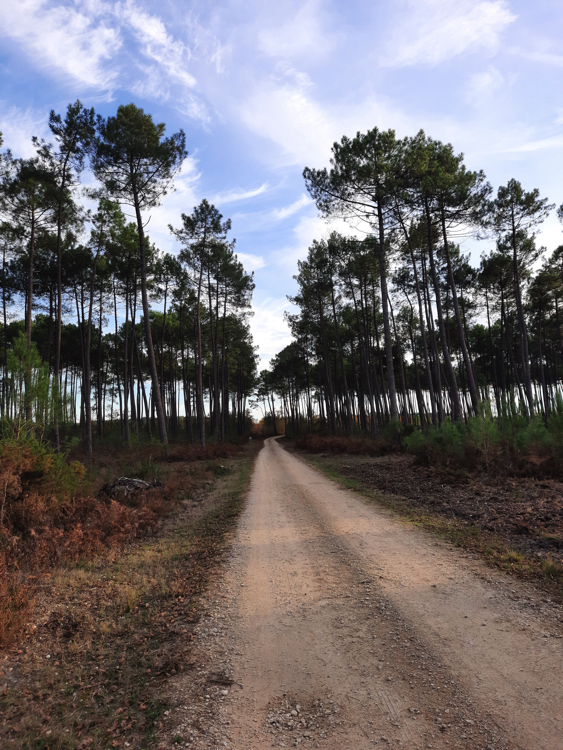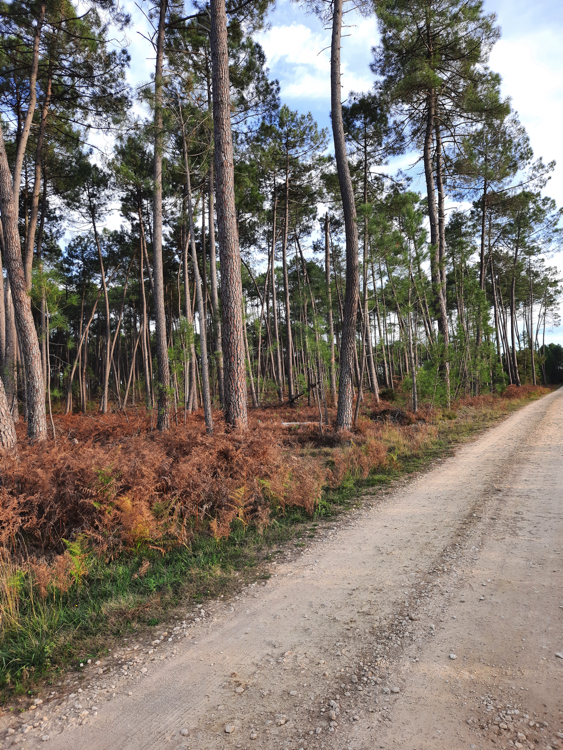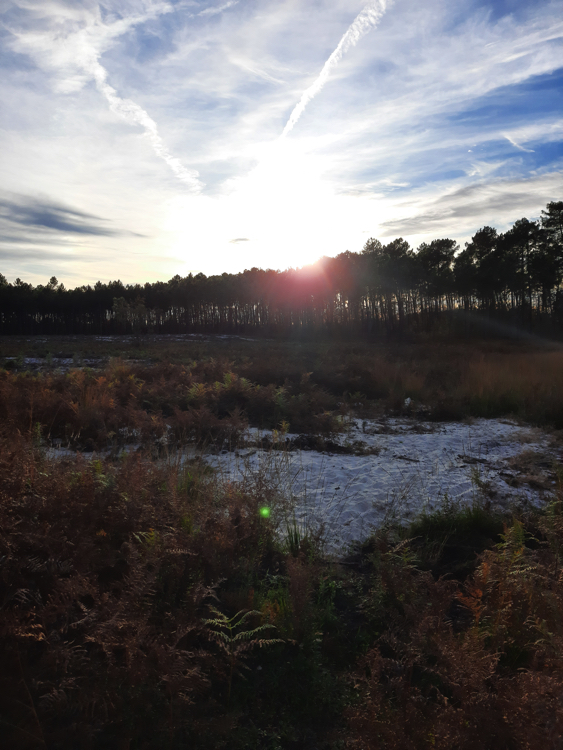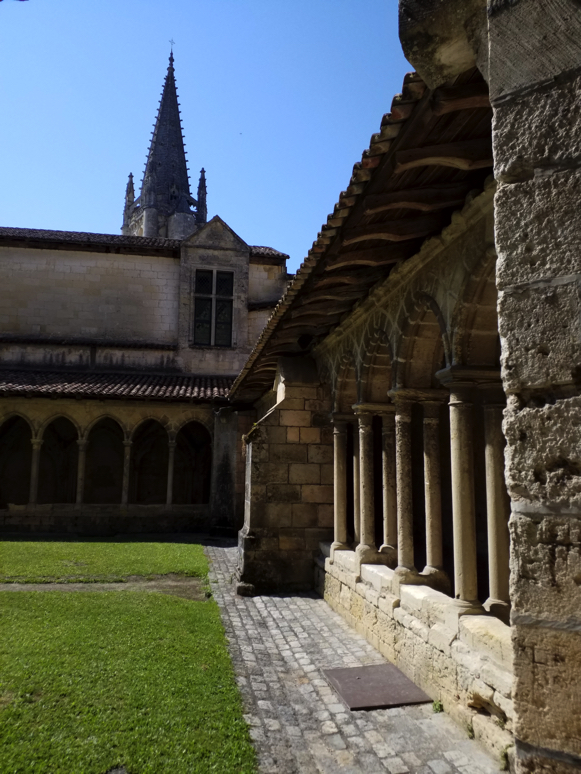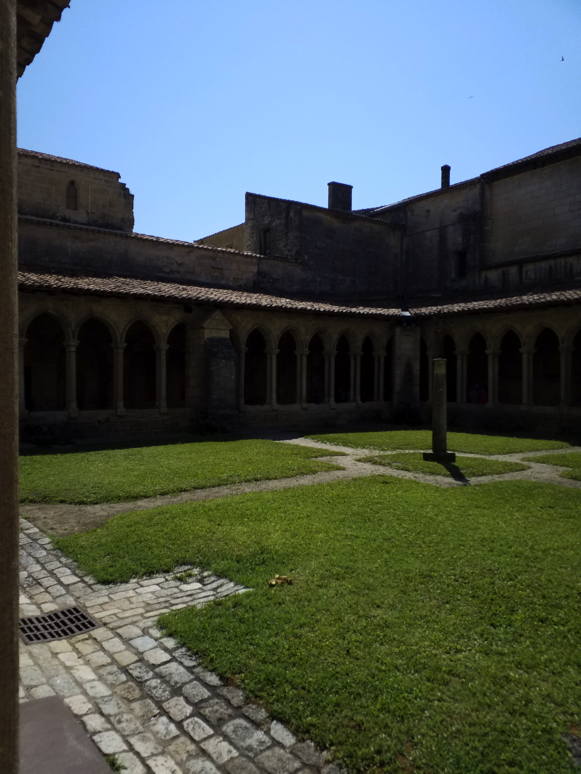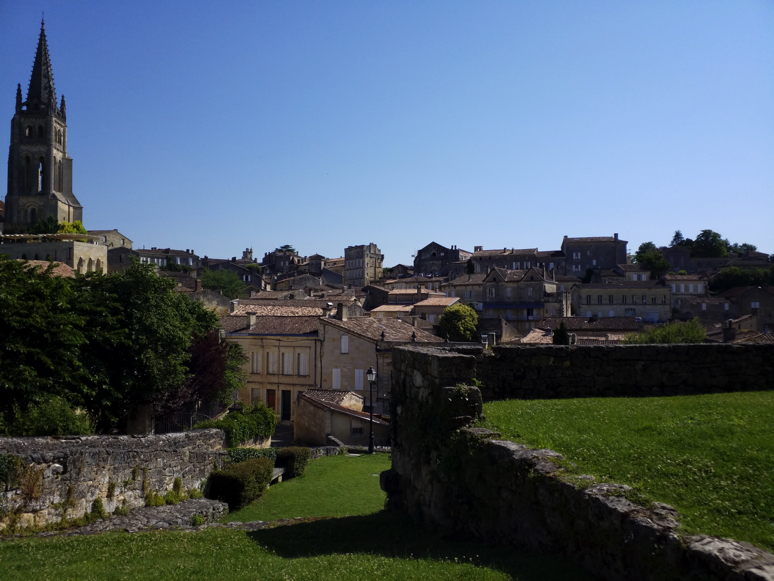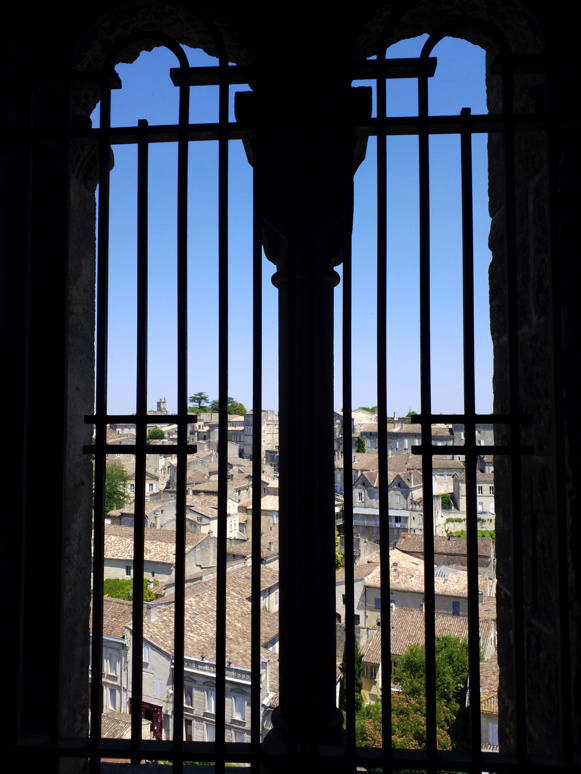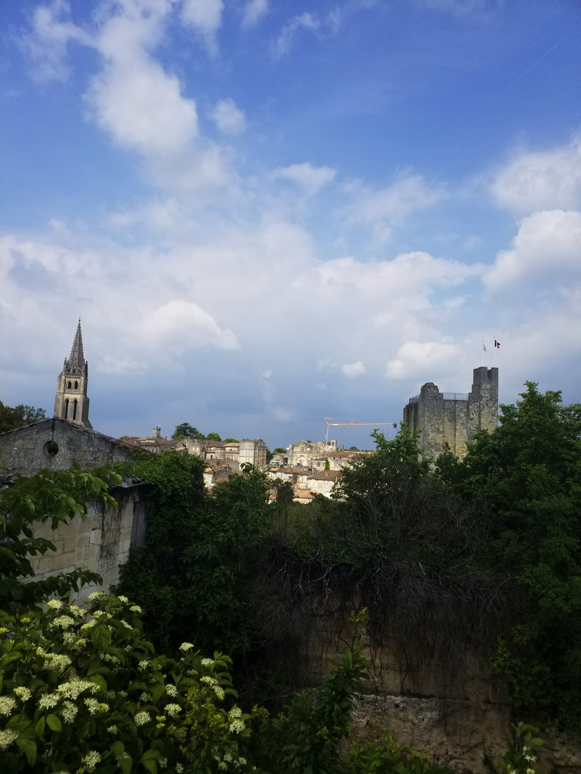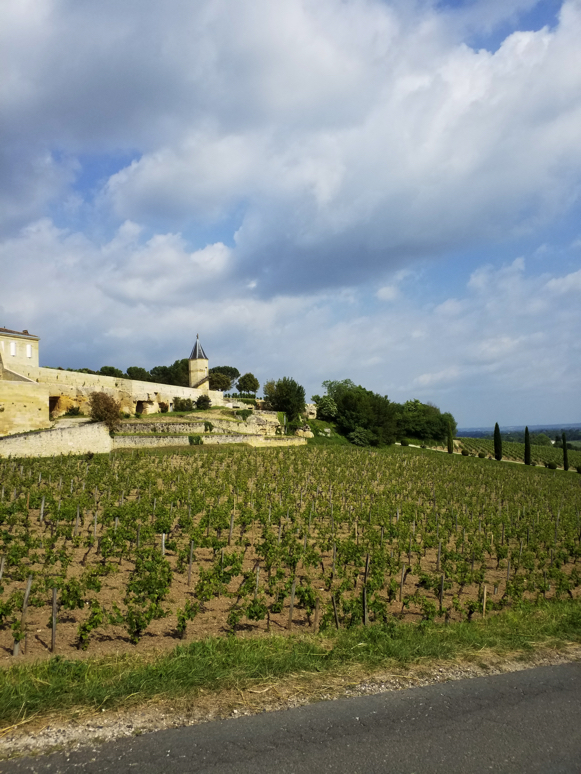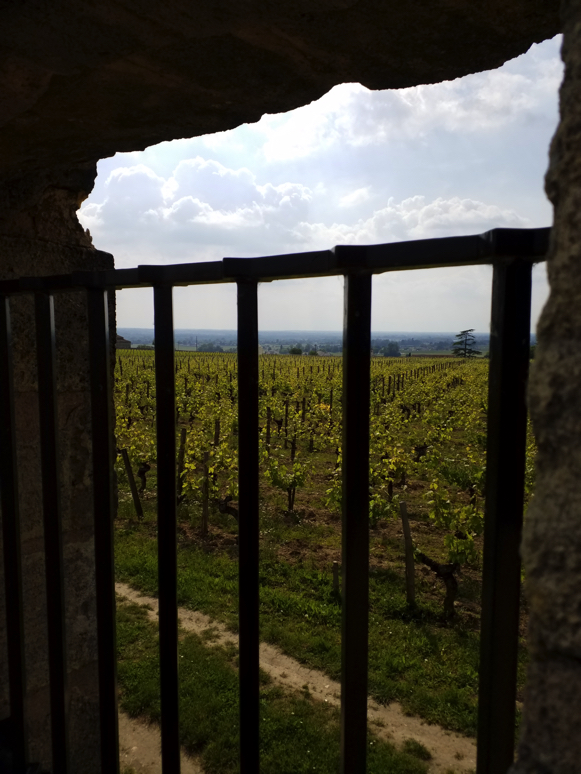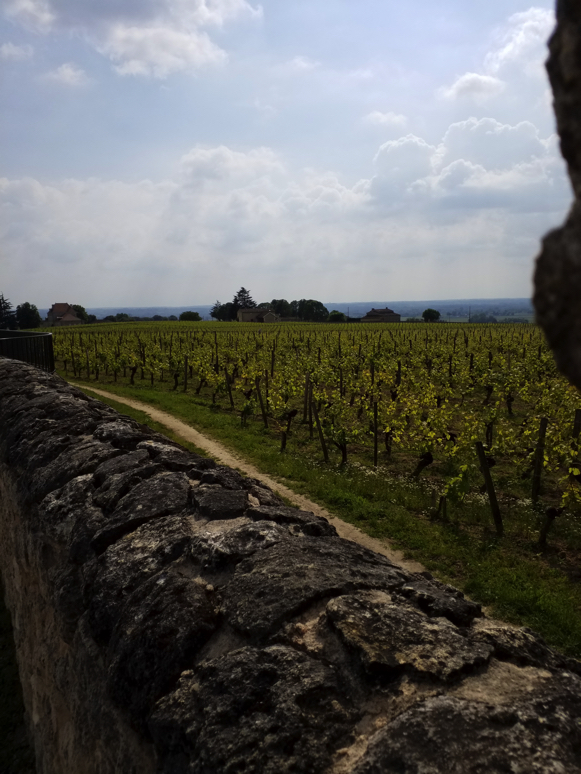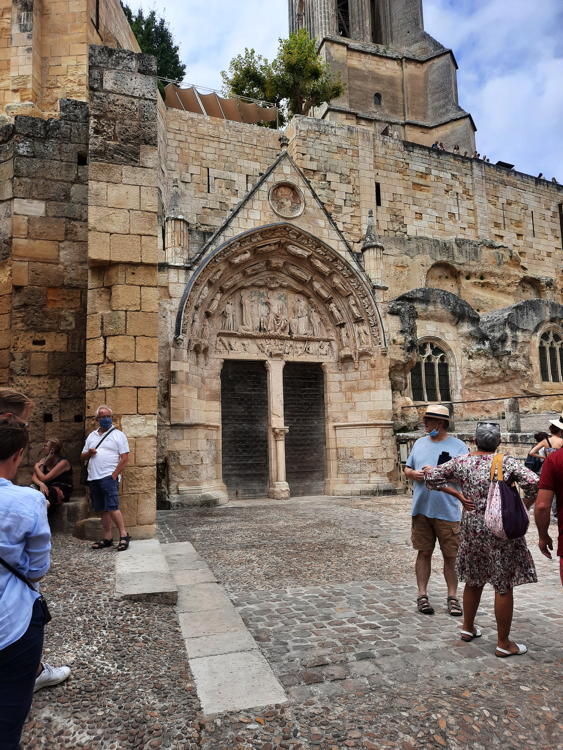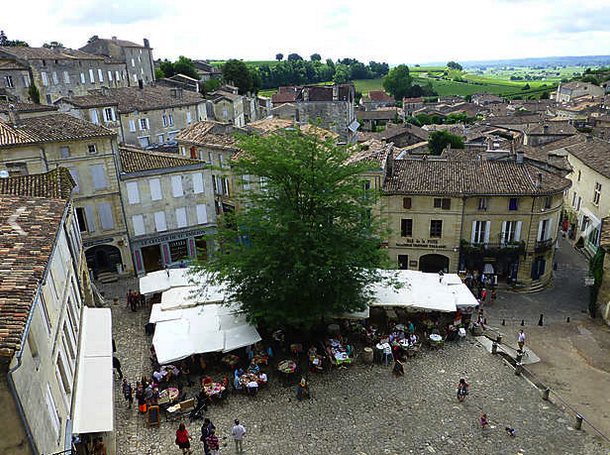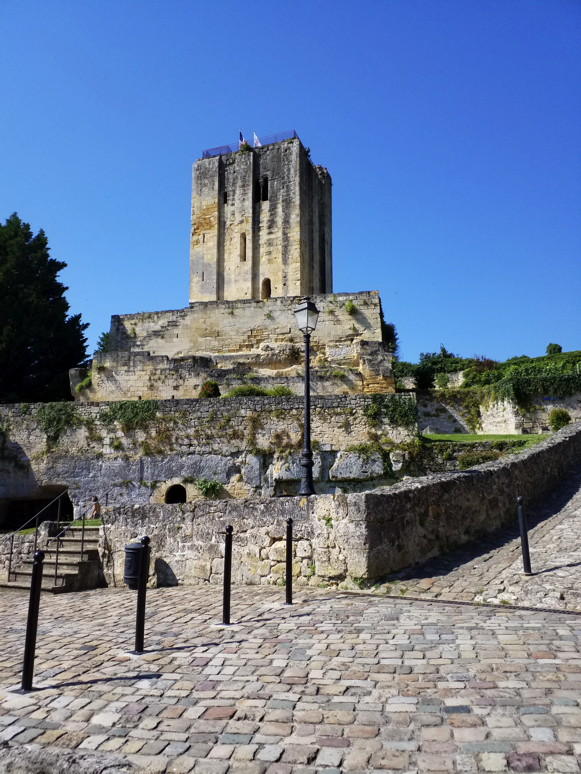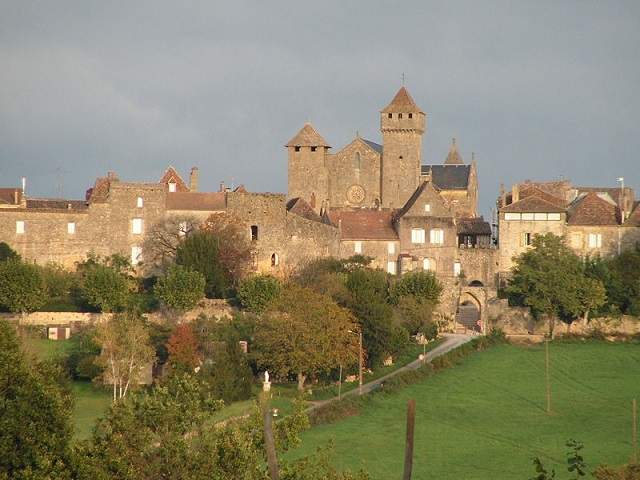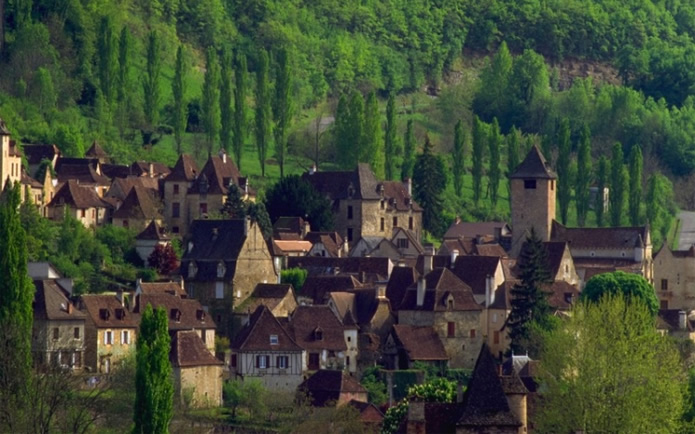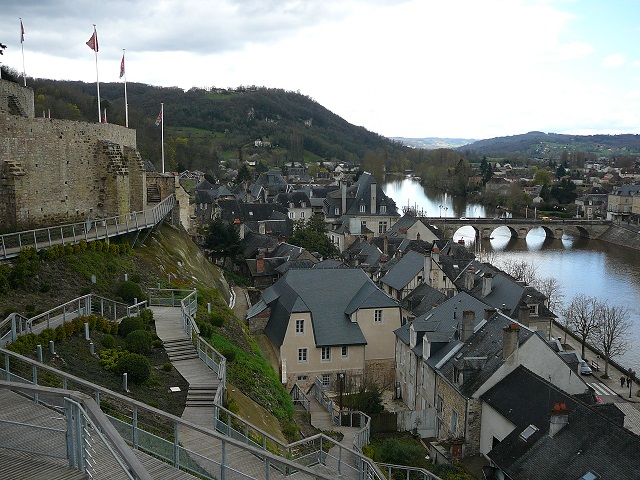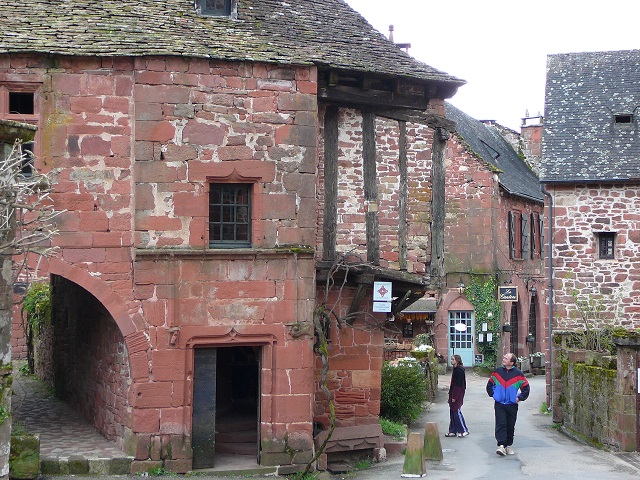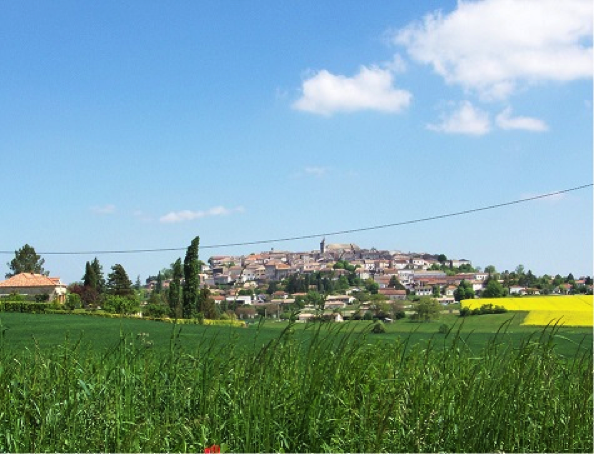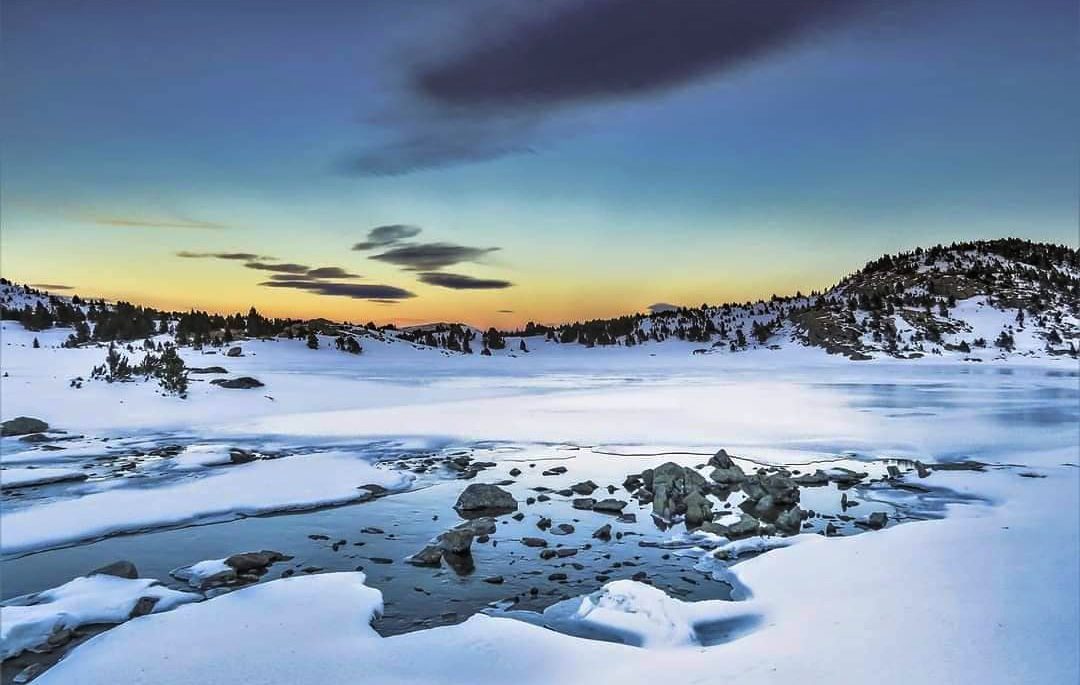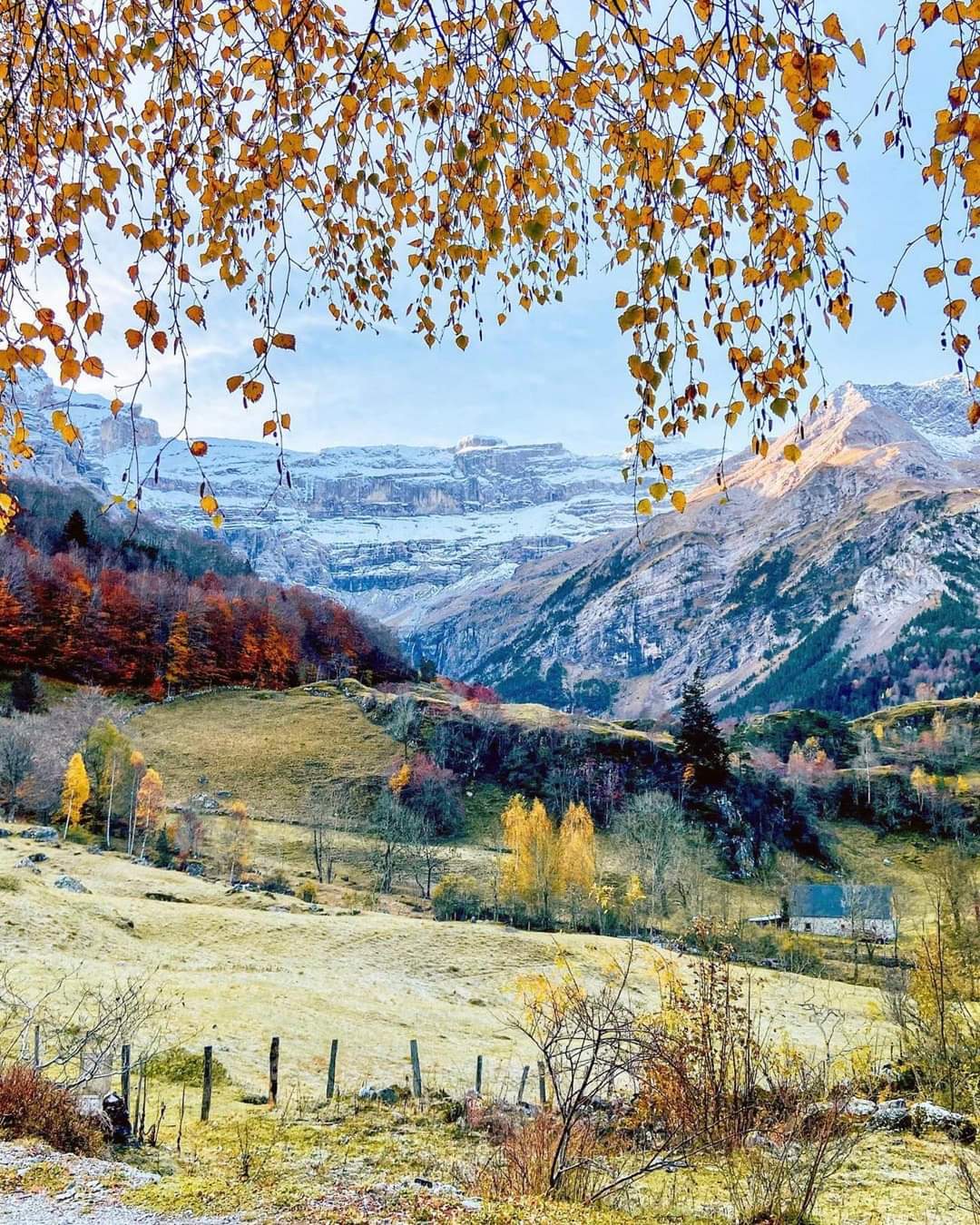Uncategorised
- Details
- Administrator
- Uncategorised
- 1446
ARTICLE under modification

Thank you for your patient, this section is being modified, we will take care to satisfy you as soon as possible.
The MON SUD-OUEST FRANCE team thanks you in advance for your understanding.
Best regards
- Details
- Administrator
- Uncategorised
- 1667
HAUTEFORT
Géographie
Located to the east of the Dordogne department and watered to the north for about six kilometers by Lourde, a tributary of the Auvézère, the commune of Hautefort includes two distinct towns: Saint-Agnan in the valley and Hautefort on the hill dominated by by the castle. The town is now administratively attached to the Pays du Périgord noir (Sarlat-la-Canéda sector) but is nevertheless part of the district of Périgueux.
Located at an equal distance from Brive-la-Gaillarde and Périgueux, the village of Hautefort arouses the interest of tourists thanks to its castle, its Museum of Medicine and the charm of its narrow streets and old stone buildings typically Périgord.
Hautefort is now accessible by the A89 motorway (La Bachellerie interchange) then by the departmental road 704 towards Saint-Yrieix-la-Perche and Limoges.
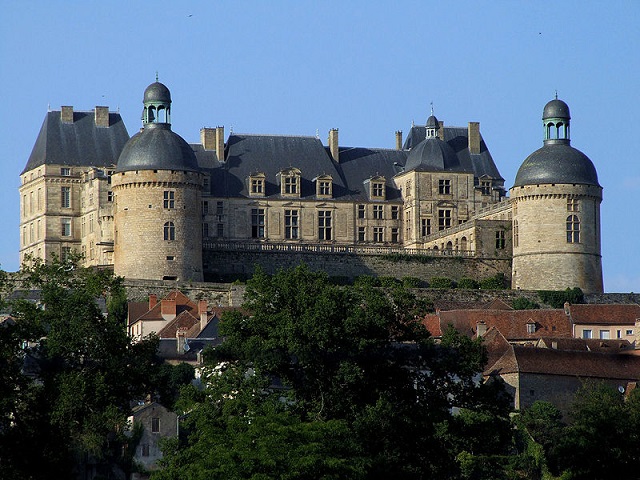
Environment
The town has two remarkable sites.
On nearly 31 hectares, the wooded part of the park of the castle has been listed since 1935. The entire western part of the village, adjoining the previous site on 10 hectares, has been listed since 1974.
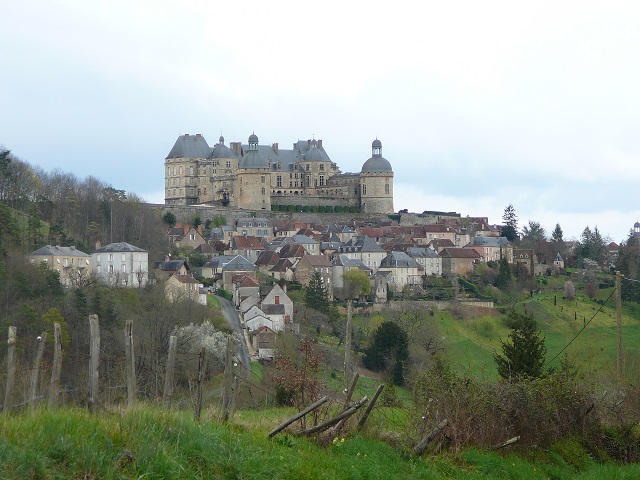
Here is an official link, click and enjoy your visit !
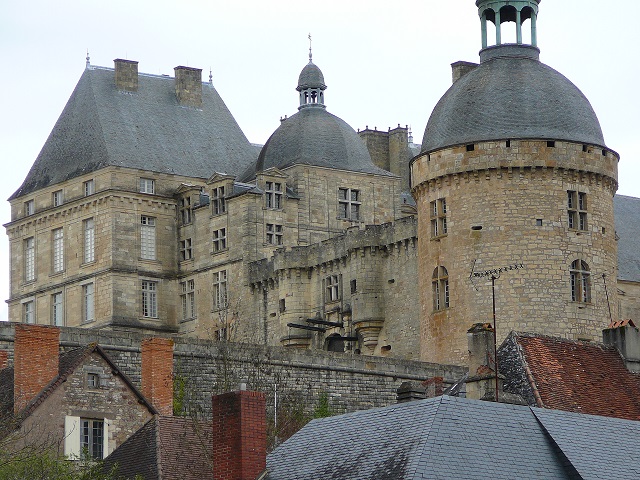
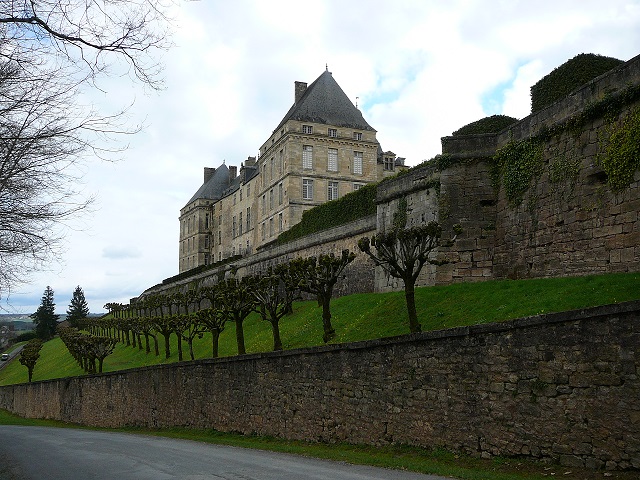
History
Lordship having belonged successively to the families of Lastours, Laron-Lastours, Born (represented in particular by the famous troubadour Bertran de Born, lord of Hautefort), it fell in the XIVe century to the Gontaut family, by the marriage of the last heiress Marthe de Born with Hélie de Gontaut. The latter abandoned his original surname to take that of Hautefort. This line obtained in 1614 that Hautefort be erected in marquisate.
Between 1790 and 1794, the commune of Hautefort absorbed the neighboring one of Saint-Aignan which was brought, during the revolutionary period of the National Convention (1792-1795), to bear the name of Aignan-Haute-Vue.
In 1824, the town absorbed that of La Nouaillette.
In 1827, the commune of Saint-Agnan-d'Hautefort took the name of Hautefort.
List of lords then Marquis de Hautefort:
* v. 1030-1046 Guy de Lastours
* After 1160 Constantin de Born after his marriage to Agnès de Lastours, heiress of the castle, and his brother Bertran de Born (v.1140 - v.1215)
* v.1388-v.1421 Jean Ier de Hautefort (+ v.1421), son of Marthe de Born and Hélie de Gontaut
* v. 1421-1470 Antoine de Hautefort (+1470), his brother
* 1470-v.1477 Arnaud de Hautefort (+ v.1477), his son
* v 1477-1524 Jean II de Hautefort (+1524), his son
* 1524-v.1555 Jean III de Hautefort (c.1500-v.1555), his son
* v.1555-v.1565 Gilbert Ier de Hautefort (+ v.1565), his son
* v. 1565-1640 François Ier de Hautefort (1547-1640), 1st marquis in 1614, his son
* 1614-1616 Charles-François de Hautefort (c.1580-1616), 2nd marquis, his son
* 1640-1680 Jacques-François de Hautefort (1610-1680), 3rd marquis, marshal of the camp, his son
* 1680-1693 Gilbert II de Hautefort (1612-1693), 4th marquis, marshal of the camp, his brother
* 1693-1727 François II Marie de Hautefort (1654-1727), 5th marquis, marshal of the camp, his son
* 1727-1777 Emmanuel-Dieudonné de Hautefort (1700-1777), 6th marquis, field marshal, his nephew
* 1777-1805 Armand-Charles de Hautefort (1741-1805), 7th marquis, his son
* 1805-1867 Emmanuel-Armand de Hautefort (1797-1867), 8th marquis, his son
* 1867-1903 Armand-Alexandre de Hautefort (1823-1903), 9th marquis, general, his son
The general, Marquis de Hautefort adopted his son-in-law, Fernand Stoffels who was authorized by a decision of the Council of State in 1892, to add his name and to bear the titles of Hautefort. Their descendants today bear the name of Stoffels d'Hautefort.
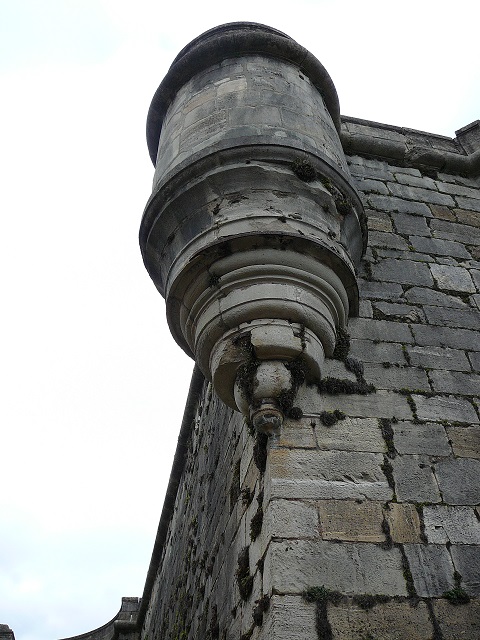
Places and monuments
* Hautefort castle, listed as a historic monument in 1958 and its gardens in 1967, can be visited
* Château des Charreaux, XVIIe and XVIIIe centuries, listed as historical monuments in 1979
* Hautefort Hospital (1670-1717), listed in 1931, transformed into a museum of medicine, visitable
Personalities linked to the municipality
* Bertran de Born (v.1145-v.1215), Lord of Hautefort, one of the most famous troubadours; he sang love as well as war.
* Eugène Le Roy (1836-1907), writer, author in particular of Jacquou le croquant, was born in Hautefort.
* Maurice Durosoy (1898-1988), general and writer, buried in Hautefort.
* Guy des Cars (1911-1993), writer, buried in the Hautefort cemetery.
* Jean Desplat (1923-1987). FNFL of the summer of 1940 (Jean-Jacques Gillot, "The Perigordian sailors of the free French naval forces", in bulletin of the Historical and Archaeological Society of Périgord, 4th quarter 2011.
- Details
- Administrator
- Uncategorised
- 1796
LOUBRESSAC Village
Dominating several valleys, which are the Dordogne valley, the Bave valley and the Cère valley, the hilltop village of Loubressac forms a beautiful harmonious whole with its castle, its church and its old stone houses with tiled roofs very picturesque brunettes. The village also offers its visitors a superb view of the surrounding valleys.
PRESENTATION
Commune of Quercy, the old fortified village stands at the top of a rocky peak overlooking the left bank of the Bave.
As you walk up the hill towards the hilltop village of Loubressac, you are greeted by the sight of stone houses with lovely little flower gardens and brown terracotta roofs and painted shutters - often in shades of burgundy - delicious! The houses are built of golden, almost white stone. The streets climb upwards and the shady square with its church dating from the XIIe to the XVIe century.
As you walk around the village you will catch a glimpse of the surrounding countryside - the Dordogne, Cère and Bave valleys, it offers one of the best views of the Dordogne including views of the Castles of Castelnau which is near Bretenoux and which is one of the great castles of France.
Loubressac has a castle but it is almost impossible to see anything other than its imposing gate. The castle dates from the XVe -XVIIe centuries and its Maison des Gardes from the 15th century.
Loubressac is one of the “most beautiful villages in France”. It is also rightly proud of its floral efforts and has won the prize for "the most beautiful flowering village of the lot" and "the best flowered village in the Midi-Pyrénées region".
The entrance to Loubressac castle.
The Saint-Jean-Baptiste church and the castle, a XVe and XVIIIe century mansion, are well worth the short climb to get there.
HISTORY
This part is empty, insufficiently detailed or incomplete. Your help is welcome !
Unofficial tourism websites for Loubressac
An official site, go for it! visit !
And here is another Site, click and enjoy your visit !
- Details
- Administrator
- Uncategorised
- 2575
BIRON and its Castle
Biron is a French commune located in the Dordogne department, in the Aquitaine region, between Périgord and Agenais.
It is the seat of one of the four old baronies of Périgord.
In 1991, at the same time as the neighboring municipalities of Monpazier and Capdrot, the municipality of Biron was included, at the initiative of the Ministry of Regional Planning and the Environment, in a "Grand site national" operation, as part of a sustainable heritage management policy linked to local development, in order to preserve and enhance its unique architectural and urban heritage.
In 2010, Biron was no longer one of the 34 major sites in France.
PRESENTATION
Located in the Lède valley, in the purple Périgord, it was the seat of one of the four baronies of Périgord, with Beynac, Bourdeilles and Mareuil.
It was the property of the Gontaut-Biron family who acquired by alliance the barony of Biron in the XIIe century, before being taken by the Albigenses in 1211, by Simon IV de Montfort in 1212, who executed his lord, and by the English in the XIVe and XVe centuries who sacked it.
It was erected into a duchy-peerage in 1598.
Four years later, Charles de Gontaut, Duke of Biron, convinced of a new conspiracy against his king and his country and found guilty of high treason, was beheaded in the court of the Bastille in Paris (07/13/1602). His pride and his suicidal stubbornness in not recognizing in front of Henry IV his ultimate betrayal would have inspired the popular expression "To be c ... like Biron".
The Gontaut-Biron numbered four marshals and five dukes and peers of France, including Armand-Louis, duke of Lauzun, who fought with La Fayette in America, took part in the Estates General of 1789 and was guillotined in Paris in 1793.
From the XIIe to the XVIIIe century, each century has left its mark, evoking the vicissitudes of this monumental building:
* XIIe century keep,
* chapel with two floors (1515), has preserved the tombs of Pons de Gontaut, baron de Biron, died in 1524, and of his brother Armand, bishop of Sarlat, died in 1531; the heads of the recumbent figures were hammered;
1- courtyard open to the North by a very large semicircular arch giving access to a covered terrace with twin columns and closed by a wrought iron balustrade leading to an enormous unfinished staircase (early 18th century?);
* Renaissance apartments;
1- large stone staircase with wrought iron banister;
2- room of justice in the West;
* large vaulted kitchens to the east, with cisterns;
* The "Salle des Etats de Guyenne", twenty meters by eleven.
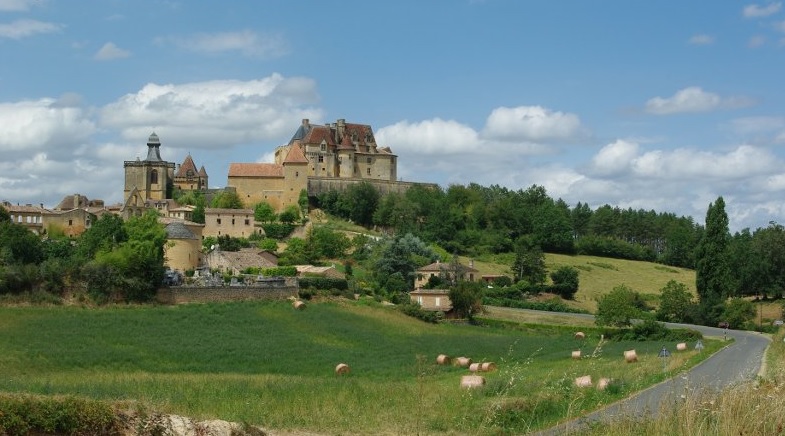 This incredible juxtaposition of buildings results in an exceptional architectural ensemble of particular appeal.
This incredible juxtaposition of buildings results in an exceptional architectural ensemble of particular appeal.
From 1883 to 1939 the house belonged by inheritance to the great collector Guillaume de Gontaut, Marquis de Biron - from the younger members of the family who owned, among others, a set of drawings by Tiepolo, since sold to an American museum. Despite the legend, he did not give his name to the prestigious antique market of the "Puces" in Paris.
Until the end of the 19th century, the castle chapel had two works of art, sculpted groups, the dead Christ on the knees of the Virgin, "erected as an altarpiece above the altar", the other, a Descent from the Cross - including a terracotta molding was said to be in a chapel in Verdelais - which have left the premises and are "at least since 1914" (Chapoullié, 1954) at the Metropolitan Museum in New York.
In 1959 the Capitan, a film by André Hunebelle with Jean Marais and Bourvil, was shot there.
In 1978 the department received as a gift from its last owner - or acquired? - a castle in very poor condition 3 with a view to restoring it.
This is why, within the framework of the Association des Amis du Château de Biron created in 1980, Béatrice Gonzalez de Andia, great-granddaughter of Marie Gontaut-Biron and of Archambaud de Talleyrand-Périgord, former classmate of Jacques and Bernadette Chirac at "Sciences-Po" Paris, then General Delegate for Artistic Action of the City of Paris, got involved in a project to rescue the house. A friend of the competent chief architect of historic monuments, in 1981 she submitted a solid dossier to Jack Lang, the new Minister of Culture, and quickly obtained the necessary funds to carry out the most urgent repairs to the mansion. In 1994, the film La Fille by d'Artagnan was shot there with Sophie Marceau and Philippe Noiret.
In 2012, renovation work began on the framework of the Maréchaux wing, planned for a period of two years and at a cost of 2.3 million euros.
HISTORY
It is known for its XIIe and XVIIIe century castle, classified as a historical monument.
Seat of one of the four baronies of Périgord, the castle occupies a strategic position on the edge of Périgord and Agenais.
Its history is linked to the size of a family, the Gontaut-Biron, who held the stronghold for eight hundred years.
When it was created in 1790, the town first bore the name of Notre-Dame-de-Biron and then during the revolutionary period of the National Convention (1792-1795), that of Mont-Rouge, before being called Biron.
In 1827, the territory of the municipality of Biron grew by the attachment of the former municipalities of Saint-Michel-de-Biron, Bertis-de-Biron, Saint-Cernin-de-Biron and Vergt-de-Biron, these three last forming in 1840 a new independent municipality called Vergt-de-Biron.
Unofficial tourism websites for BIRON
An official site, go for it! visit !
- Details
- Administrator
- Uncategorised
- 2328
Monflanquin
Located on a hill overlooking the Lède valley, on the border of Périgord, Quercy and Guyenne, Monflanquin is ranked among the most beautiful villages in France.
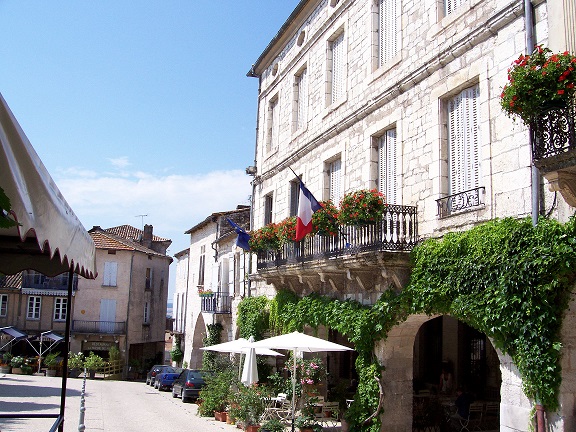
HISTORY
In 1252, Guillaume Amanieu, Lord of Calviac, ceded the mountain of Monflanquin to Alphonse de Poitiers. The latter founded a 13th century Bastide there. The agreement gives rise to a contract which provides for a sharing of the revenues of the new city between the two partners. In 1256, Alphonse de Poitiers began the foundation of the bastide. In 1269, the foundation charter was confirmed. On the death of Alphonse de Poitiers after his wife, Jeanne de Toulouse, daughter of Raymond VII, without an heir, his land entered the royal domain of Philippe III. In 1279, Monflanquin became one of the twelve bailiwicks of Agenais. The Archbishop of Bordeaux, Bertrand de Got, visited the city in 1304. He was elected pope the following year under the name of Clément V. The bastide having passed into the English movement, King Edward III confirmed the privileges of the city in 1318. In 1374, the inhabitants of Monflanquin help the army of the king of France which goes towards Tonneins to drive out the English of Agenais. On August 31, 1574, Guy de Montferrand1, Lord of Langoiran, Governor of Périgord "for those of the reformed religion" and Geoffroy de Vivans took the town with their 2000 men and took 125 gentlemen prisoners. It was the district capital from 1790 to 1795.
Places and Monuments
* The Church of Saint-André: The church was founded between 1250 and 1290. It has retained the base of its walls and the portal from this period. It was part of the city wall so its bedside was fortified. The vaults of the nave having collapsed, the church is restored in 1715, the chevet is taken again. The vaults were rebuilt in 1864. The bell tower took on its fortified appearance in 1923. The apse is perforated to place stained glass windows. The church was classified as a historic monument on July 16, 1925.
* The so-called Black Prince house on Place Foch, built in the XIVe century. The Black Prince, who defeated King John II the Good at the Battle of Poitiers, is said to have stayed there.
* The Château de Roquefère. The castle was bought in 1280 by Jean Ier de Grailly, Seneschal of Gascony and Agen, from Hugues de Castelmoron. On July 7, 1305, Bertrand de Got, Archbishop of Bordeaux, slept in the castle. Jean de Grailly cedes the seigneury of Roquefère with the castle to Jean Chandos, his life, provided that the seigneury returns to him or to his heirs after his death. When Jean de Grailly died in 1376, childless, the castle became the subject of a long conflict between the Hébrard family and the family of Blanche de Foix, mother of Jean de Grailly. When Jean Chandos died, Jean and Jacmet Hébrard and Guillon de La Martinie had taken possession of the château without rights. In 1470, by decision of Charles, Duke of Guyenne, the castle again became the property of Jean de Foix, Count of Caudale, captal of Buch, son of Gaston de Foix, had ceded to Jean Chandos, on condition that he returned to him when he died. His daughter married Jacques de Chaussade and took possession of the seigneury in 1495 by decree of the Parliament of Bordeaux. By marriage, in the first half of the XVIe century, the castle became part of the La Mothe family. Jean II de Rochefort, marquis de Théobon (the castle of Théobon is in the commune of Loubès-Bernac), captal of Puychagut, lord of Monneins, Courouneau (the castle is in the commune of Margueron), ... gets married December 8, 1637 with Anne de La Mothe, lady of Roquefère and Lespinassat. He is lieutenant-general of the army of Condé in Guyenne. He made the castle of Roquefère a base of operations for the army of the Prince of Condé during the Fronde. Louis Pons, married to Guyonne de Rochefort, sells the castle to Jean Fournie Gorre, doctor of the Duke of Orleans, native of Monflanquin. In 1781, the castle belonged to Charles Raymond de Berail.
Monflanquin other photos >> click !

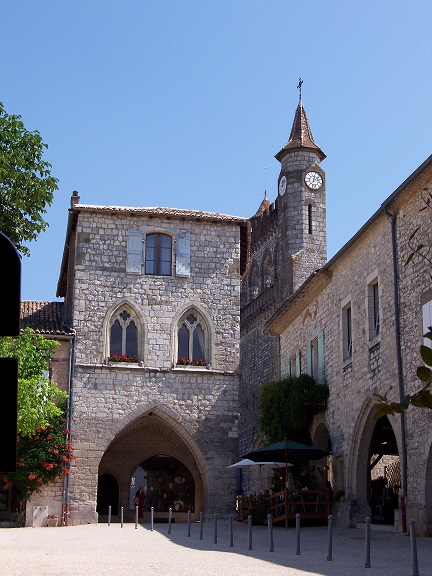
Here is an official link, click and enjoy your visit !

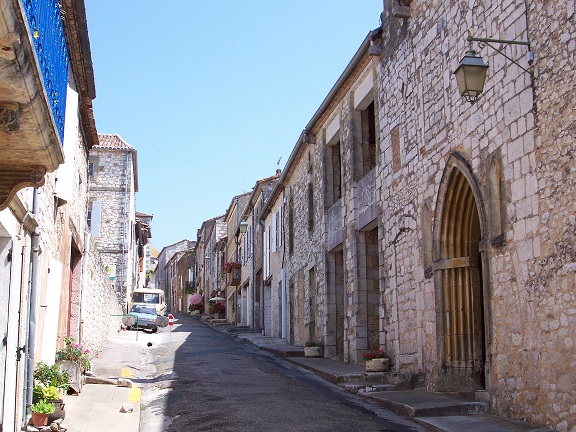
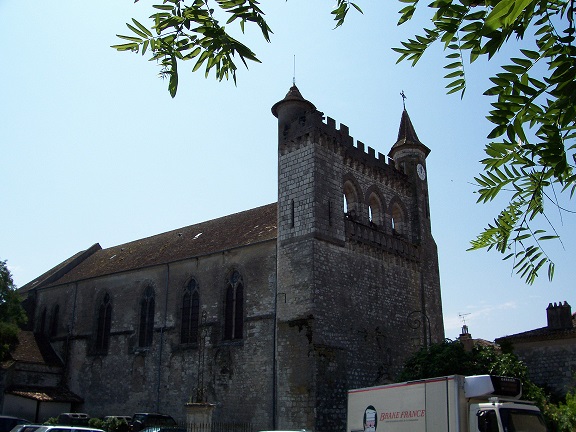
Personnalités liées à la commune
* Pierre Saint-Amant, 19th century chess player.
* Irène Lagut, painter.
* Jean Henri Becays Ferrand, general of the French Revolution, whose name is engraved under the Arc de triomphe de l'Étoile (4th column).
* Peggy Zlotkowski, Miss France 1989.
* Pascal Portes, professional tennis player, Davis Cup semi-finalist in 1980.
Subcategories
Legal notice
Legal notice
In accordance with LAW n ° 2004-575 of June 21, 2004 for confidence in the digital economy :
Publisher information
MY SOUTH WEST FRANCE. COM
Non-commercial site
40430 SORE
Founder / Administrator
Michel SIX
https://monsudouestfrance.com
Accommodation
PLANETHOSTER
The head office :
Canada - France
Legal Notice
In accordance with the law of January 6, 1978, all users have the right to access, rectify and delete information concerning them. Unless the user opposes, this information may be transferred or exchanged.
This right can be exercised at: monsudouestfrance.com
Terms of use
Anyone who accesses the monsudouestfrance.com site (hereinafter the "Site") undertakes to comply with these conditions of use, which may for certain services be supplemented by special conditions. The data disseminated on the internet and extranet may be regulated in terms of use or be protected by a property right.
Everyone is responsible for the data they disseminate, use and / or transfer and as such undertakes to comply with the French regulations in force, in particular those relating to clearly illegal content (pedophilia, incitement to racial hatred, etc.) or the protection of the rights of third parties (intellectual property rights, etc.). The publisher is not responsible for the use of data, content broadcast or services of another person and which, in particular, does not comply with the regulations in force.
The data, including their content, the profiles and the tools attached to them, the downloadable documents, the iconographic and photographic representations, and the legal marks present on the Site, are protected by intellectual property rights. Any reproduction or representation, even partial, of the aforementioned elements, for purposes other than private use, on any medium, is prohibited and could engage the civil and criminal liability of the person who does not respect this prohibition. The characteristics and availability of the products and services mentioned on the Site are valid for mainland France.
We invite you to read our terms and conditions of use.
Protection of personal data
We invite you to read our confidentiality policy which presents the rules for the protection of personal data in the context of the use of our site.
Using e-mail
If you wish to use the electronic mail made available to you on this site, you are informed that the secrecy of correspondence transmitted over the Internet is not guaranteed.
Copyright
All reproductions or representations, in whole or in part, by any means whatsoever, all automated or semi-automated requests for data published on this site, made without the authorization of monsudouestfrance.com are illegal and constitute an infringement (Law of 11 March 1957 article 40/41 Penal Code article 425).
The content of the site is constantly updated and monitored.
Furthermore, we are neither responsible nor responsible for the accuracy and completeness of the information published. This also applies to the websites which we refer to on the site, monsudouestfrance.com disclaiming all responsibility for their content.










